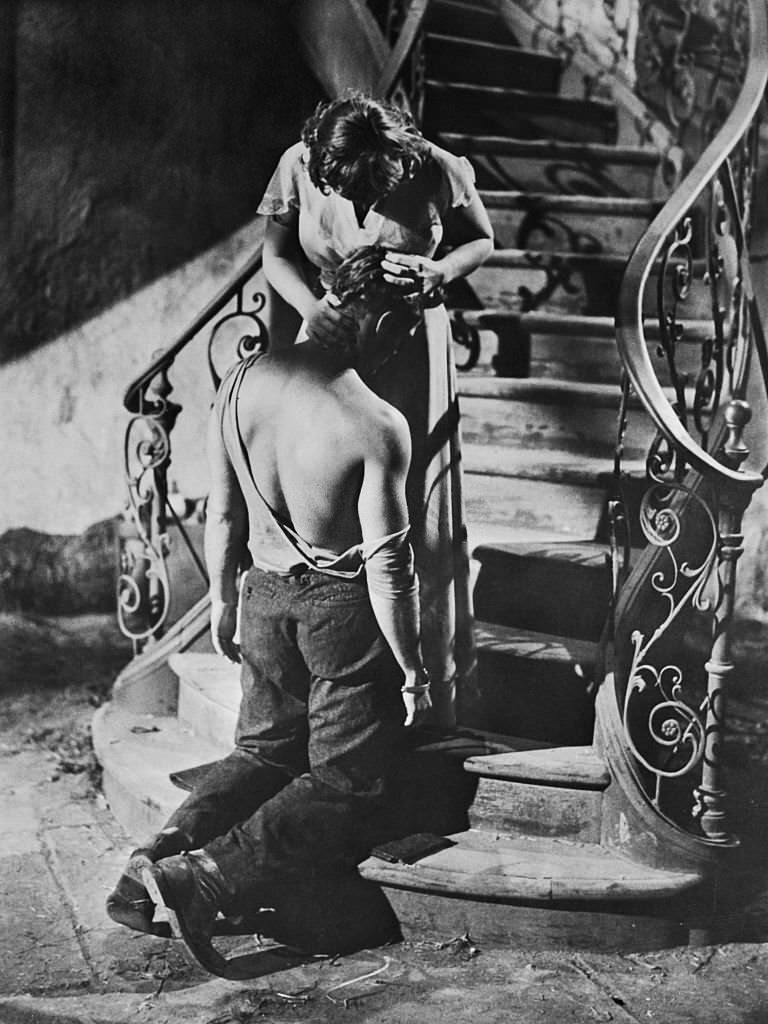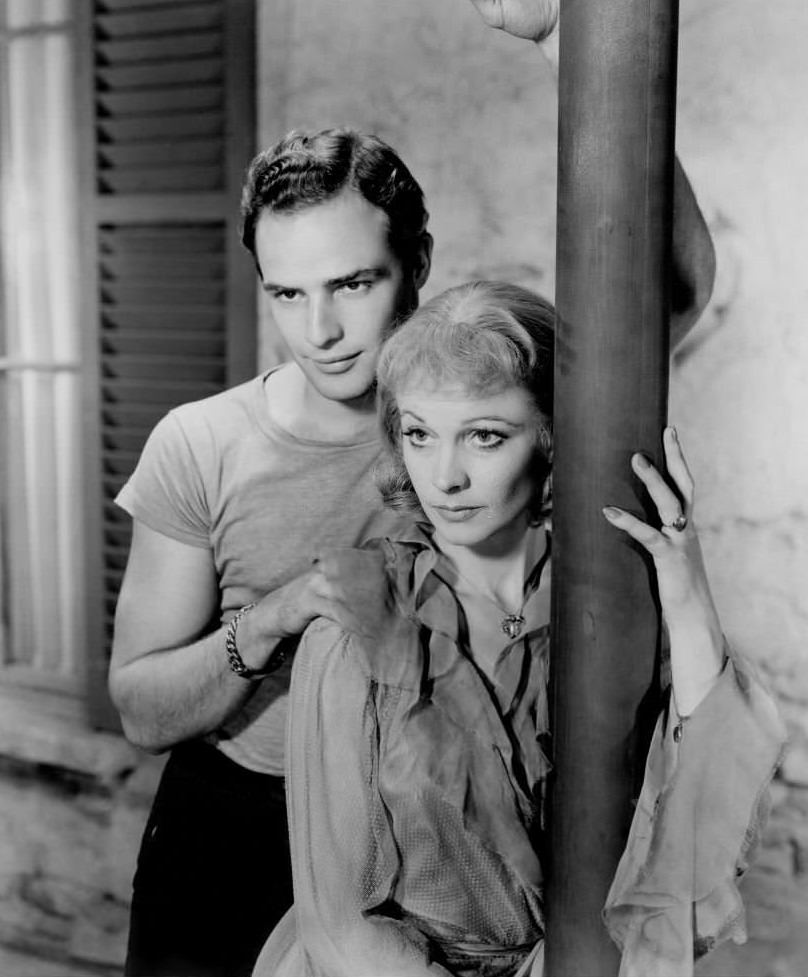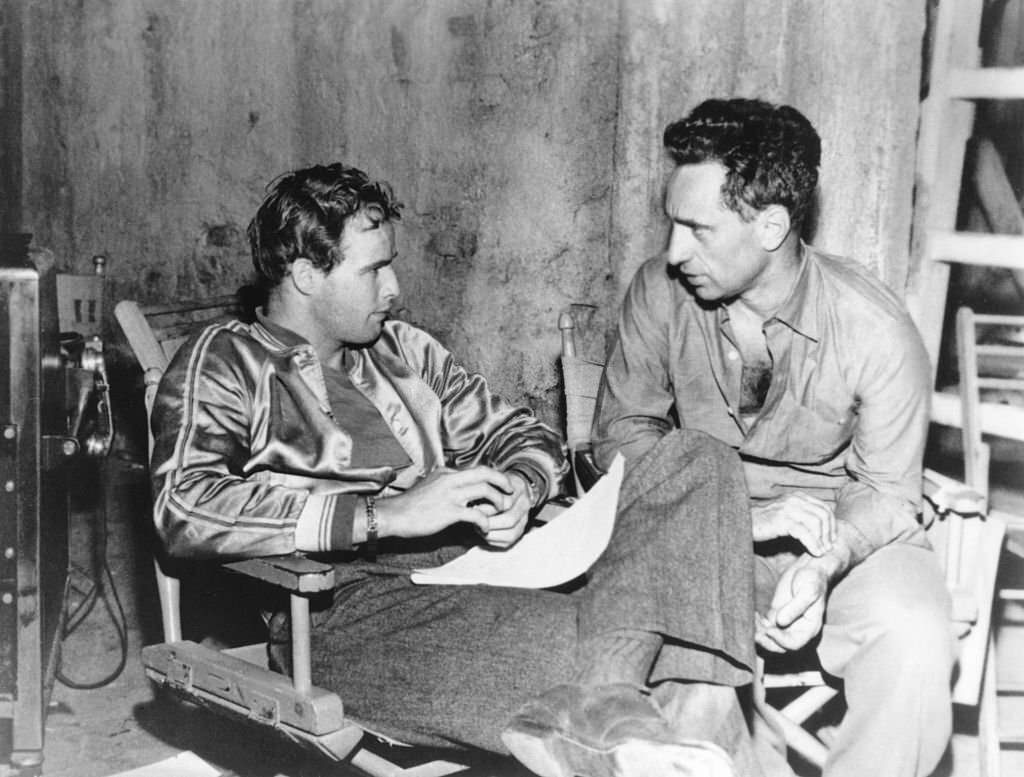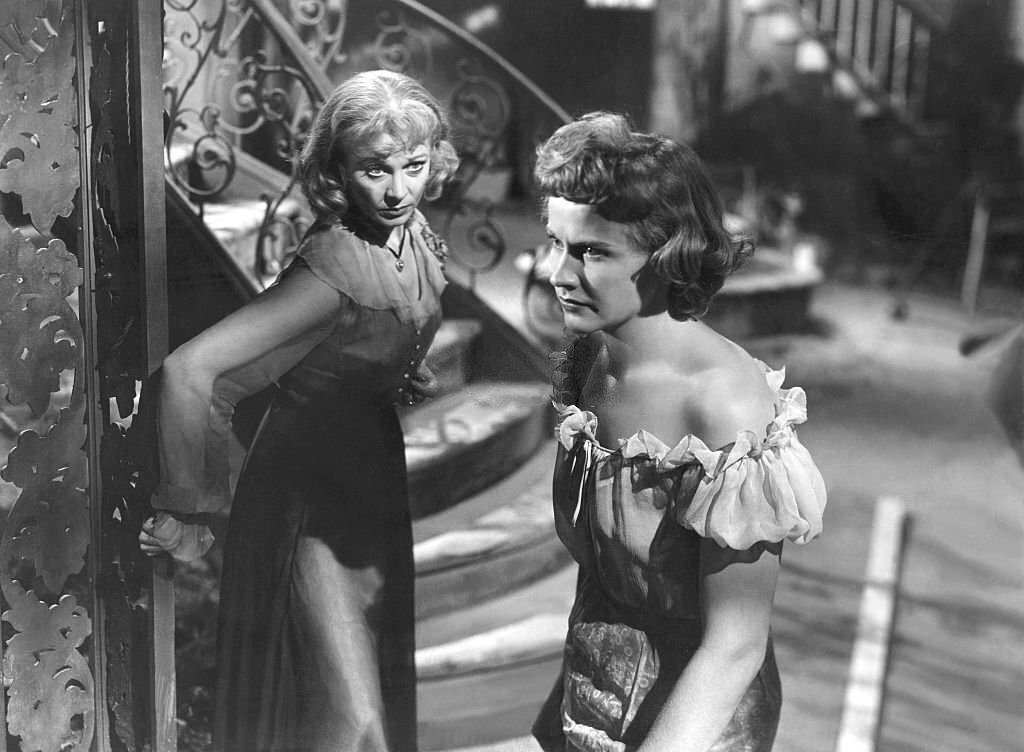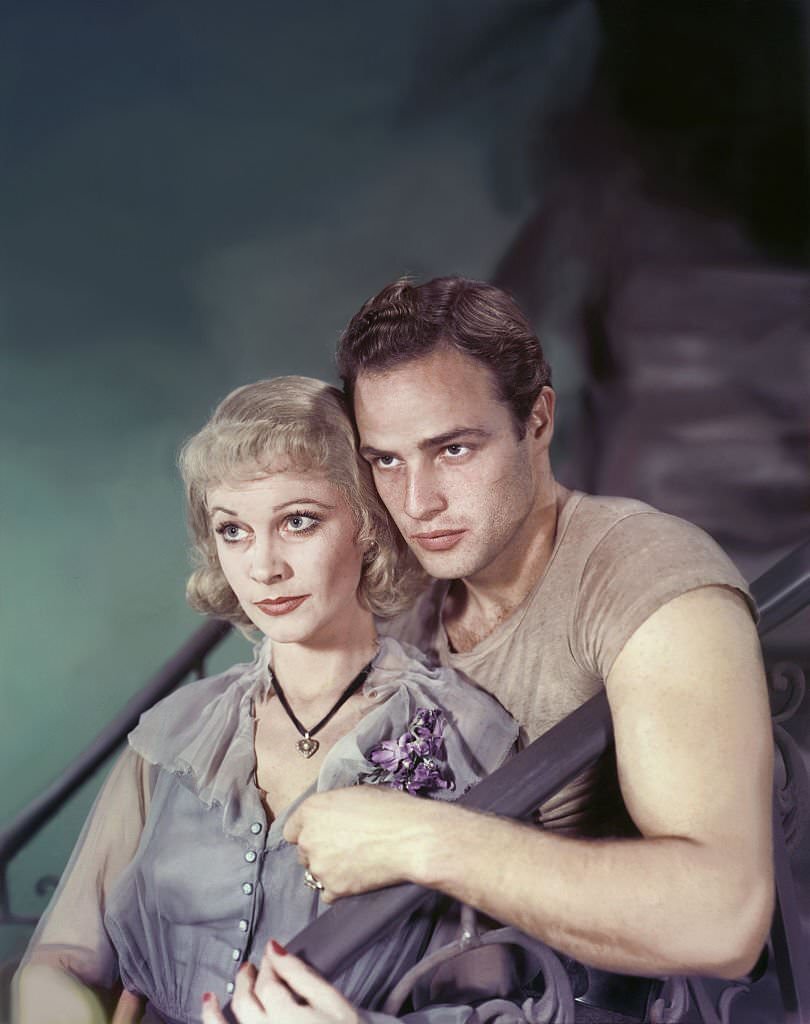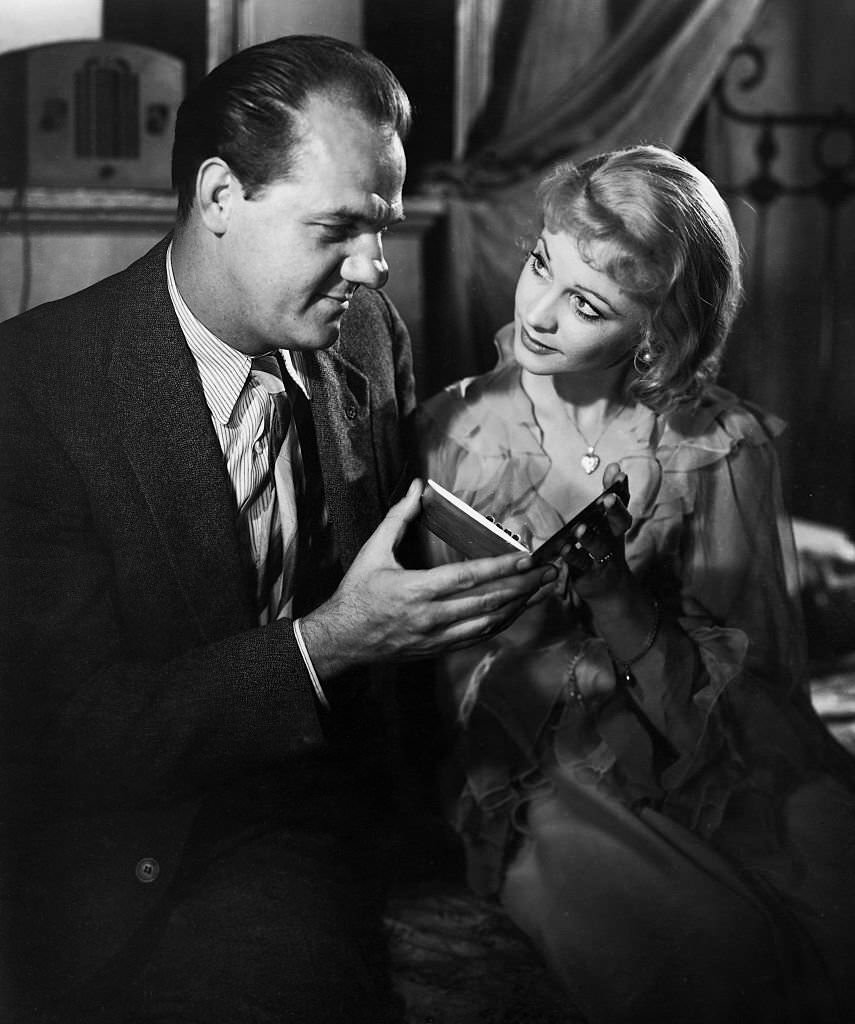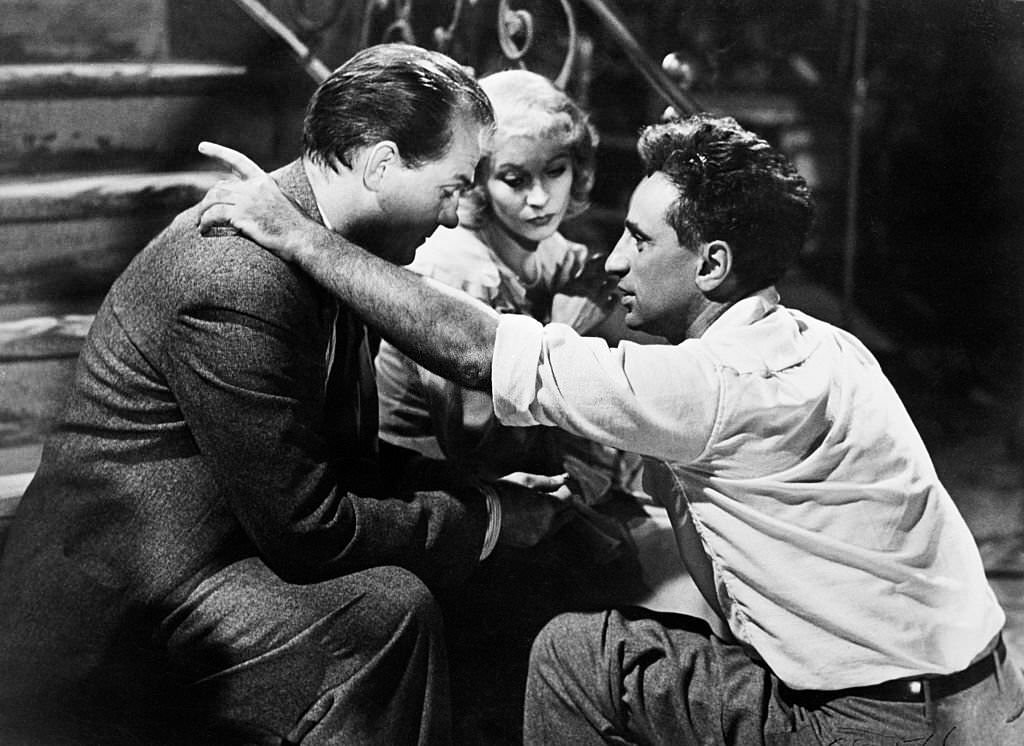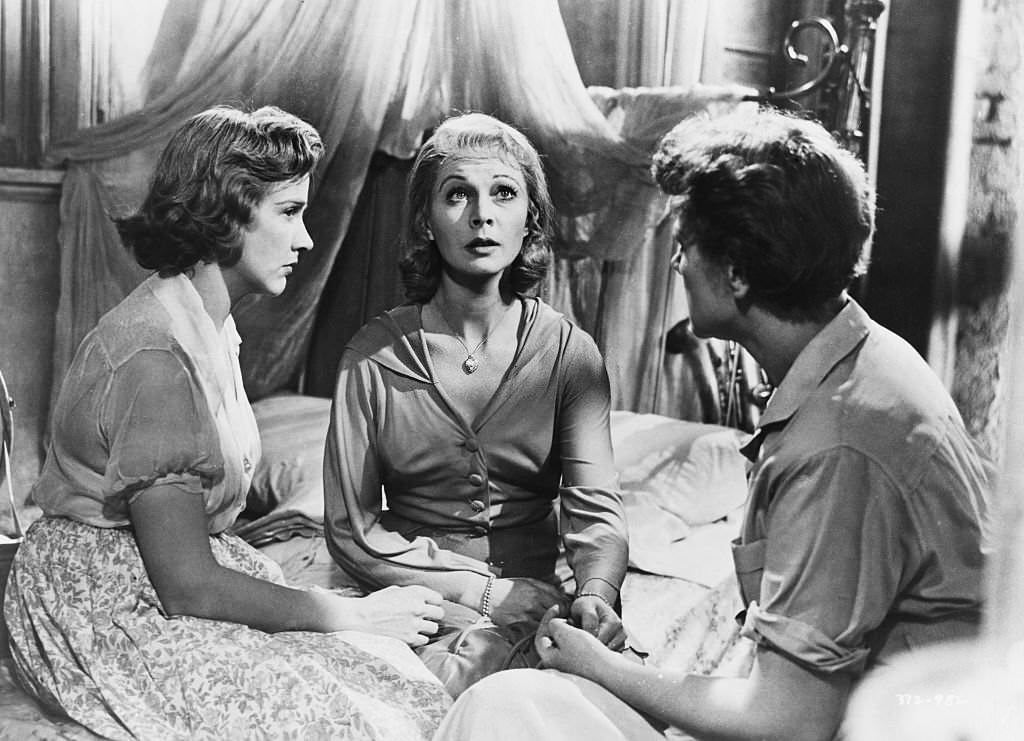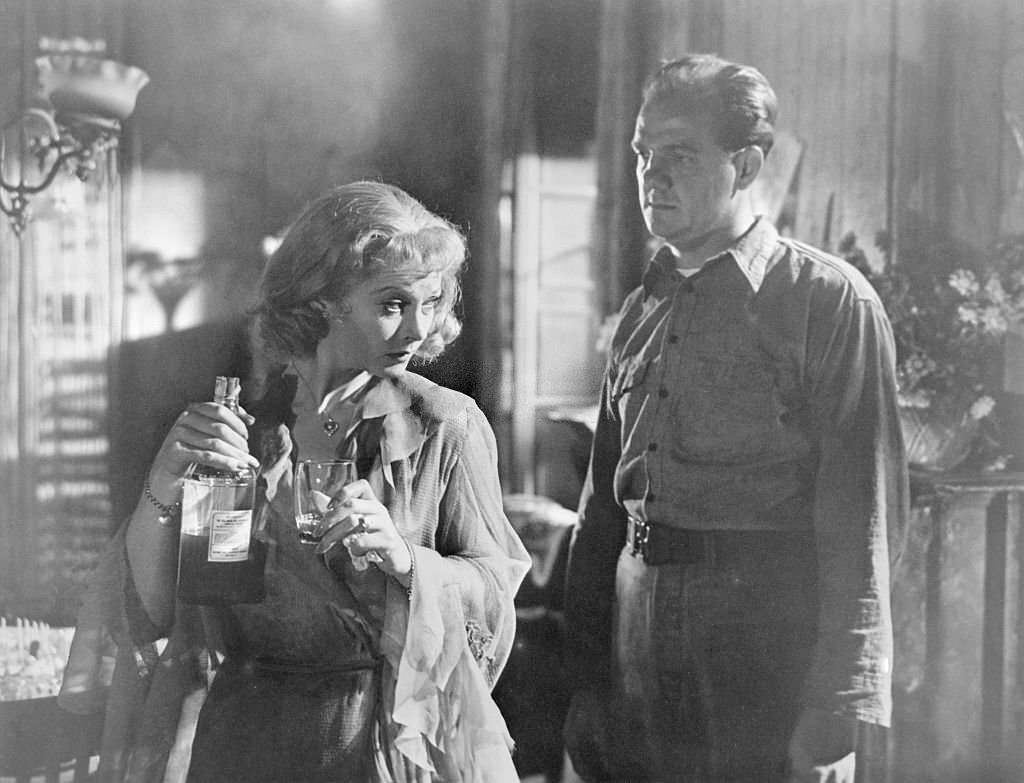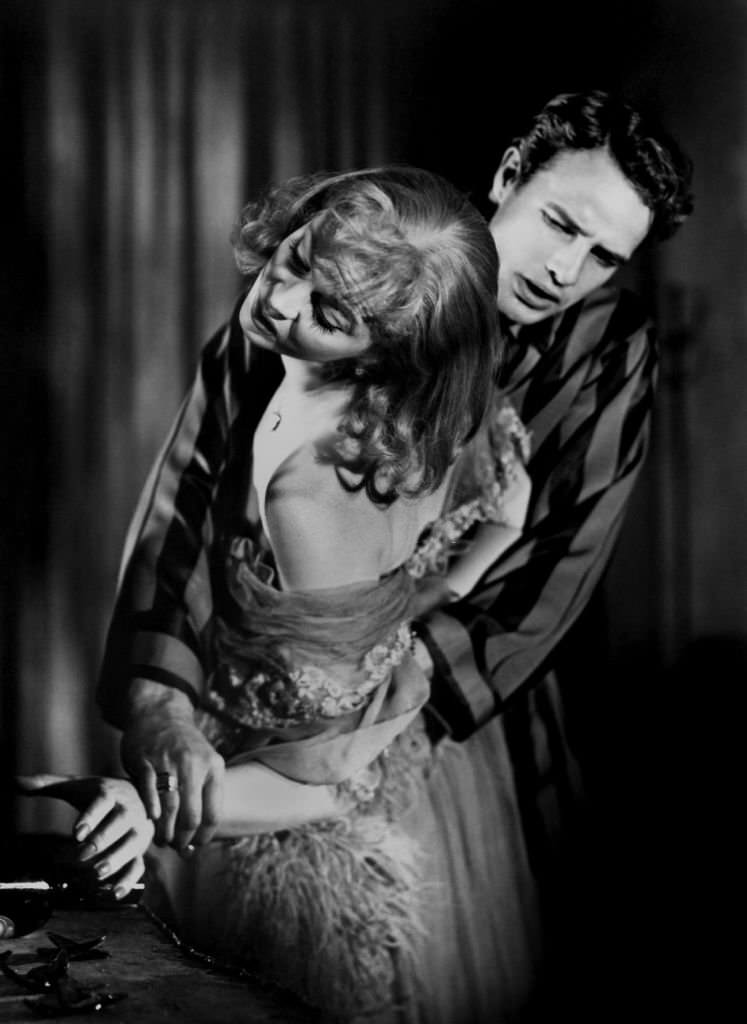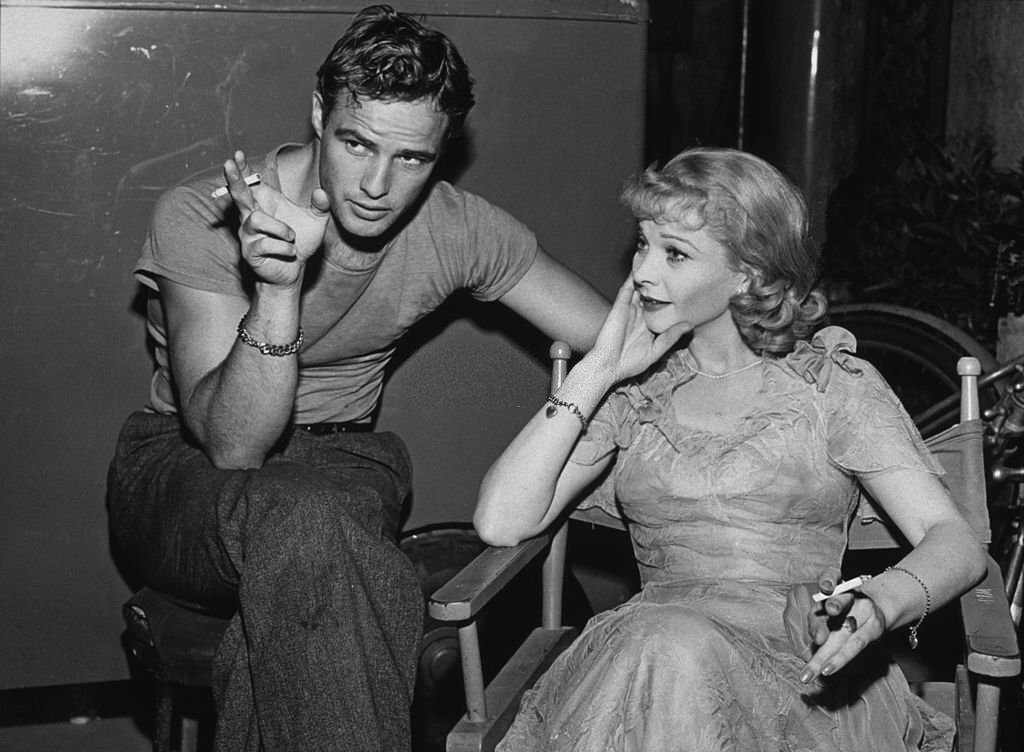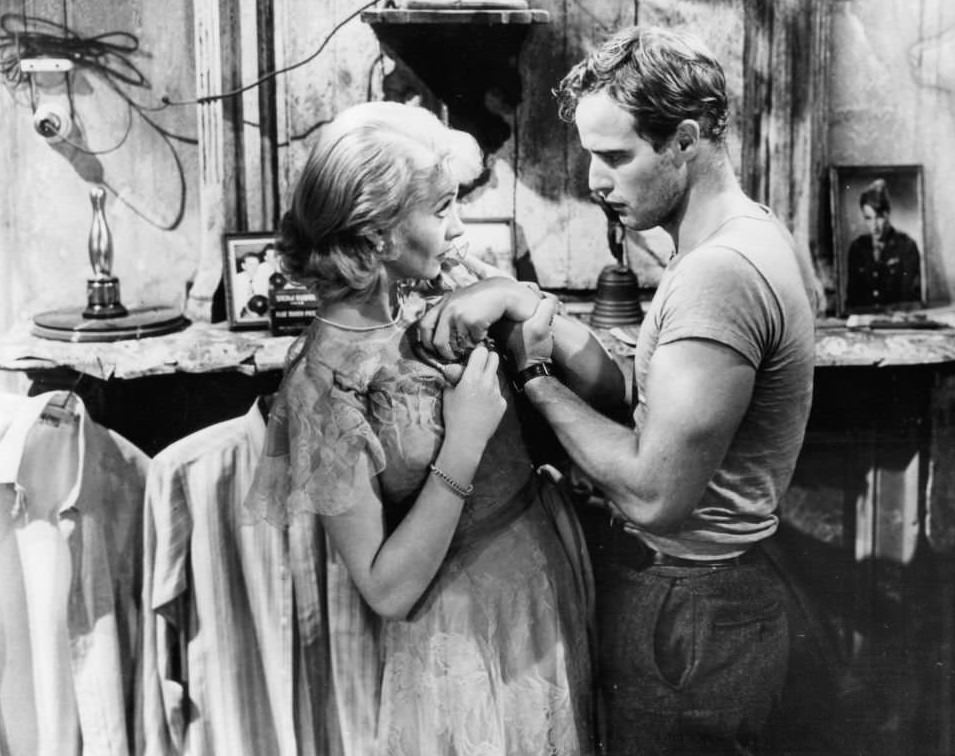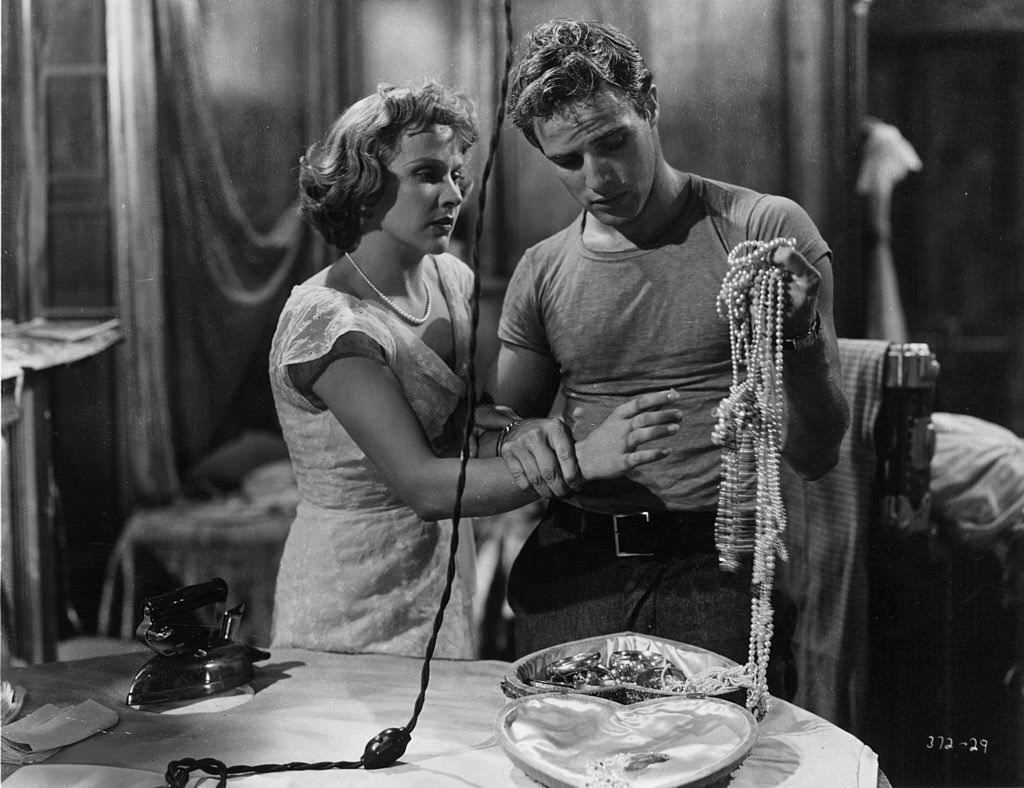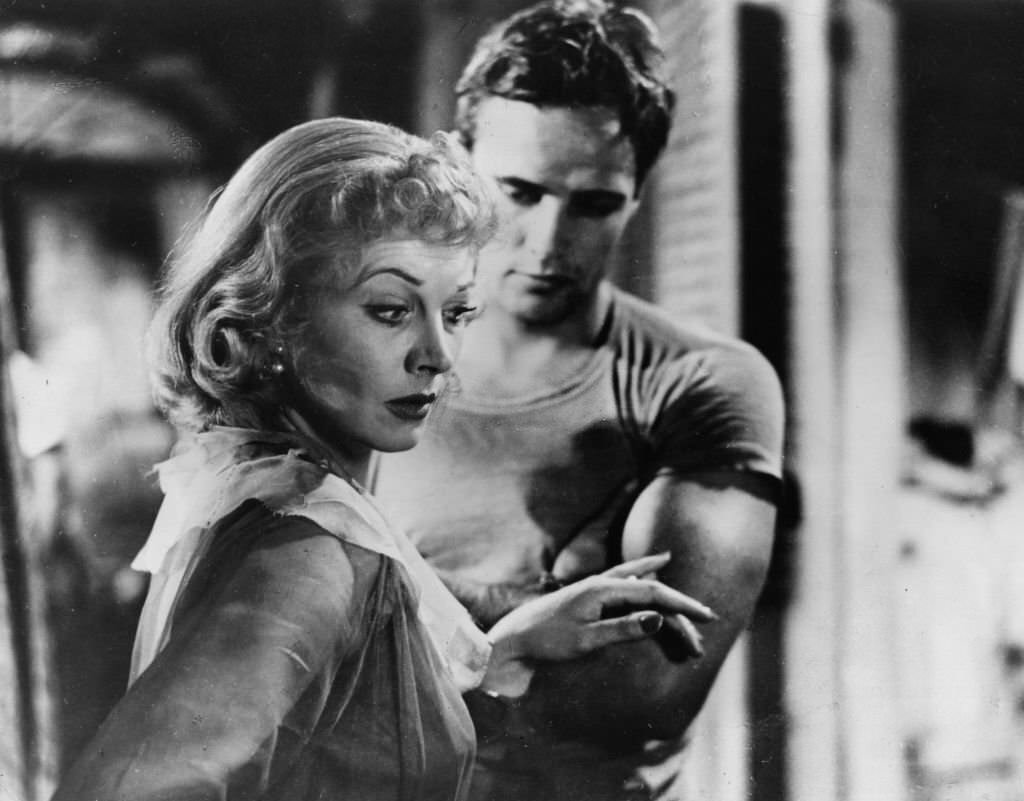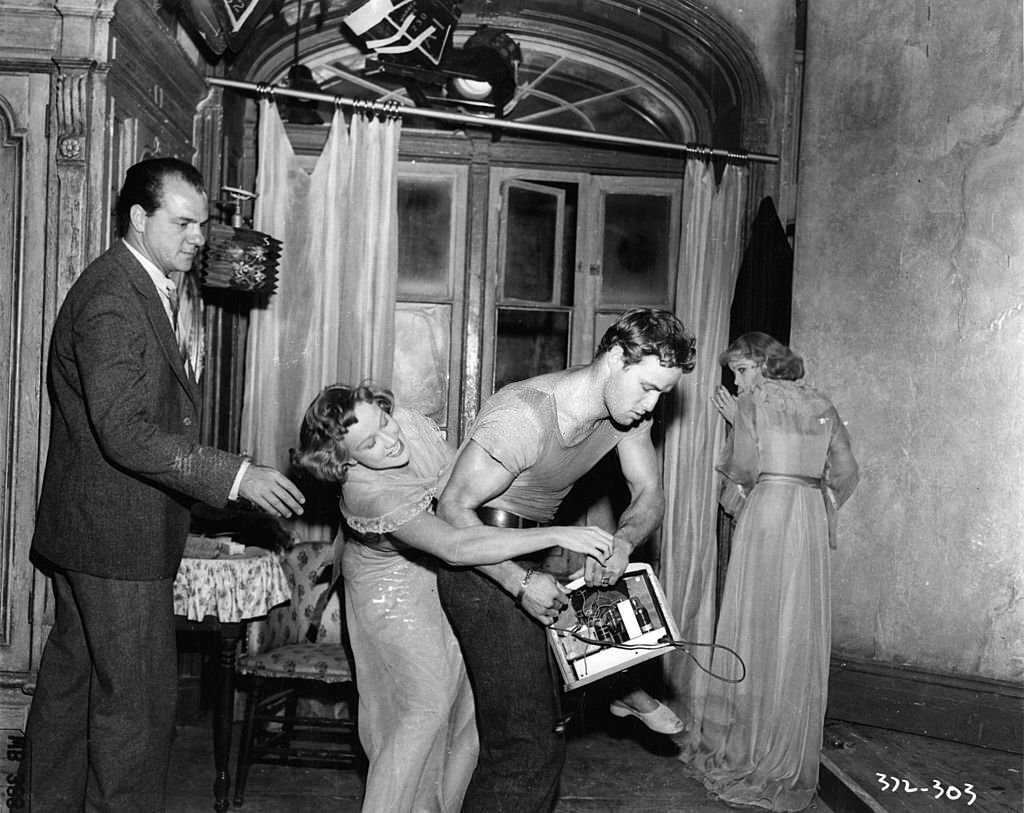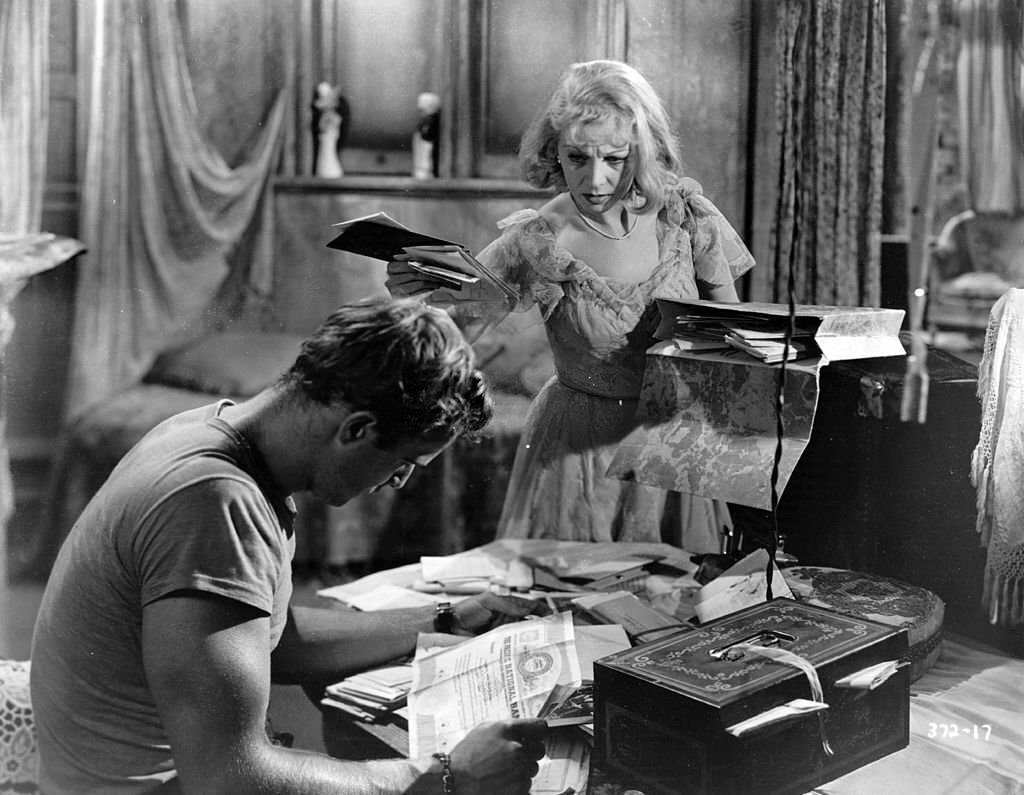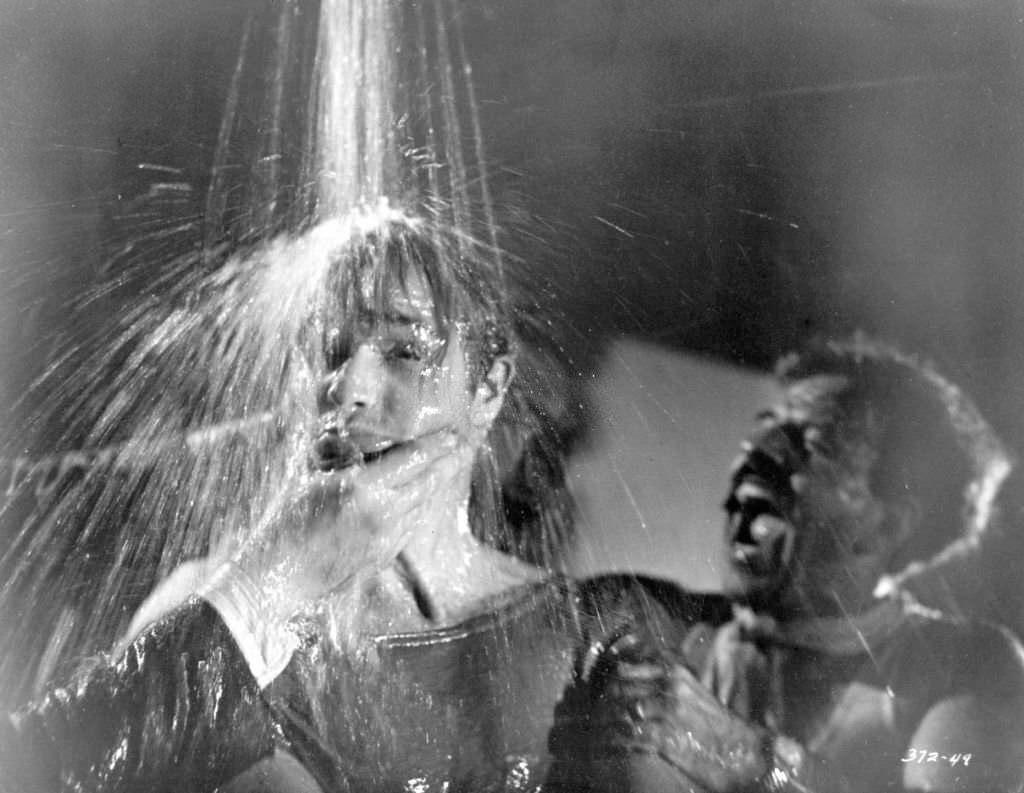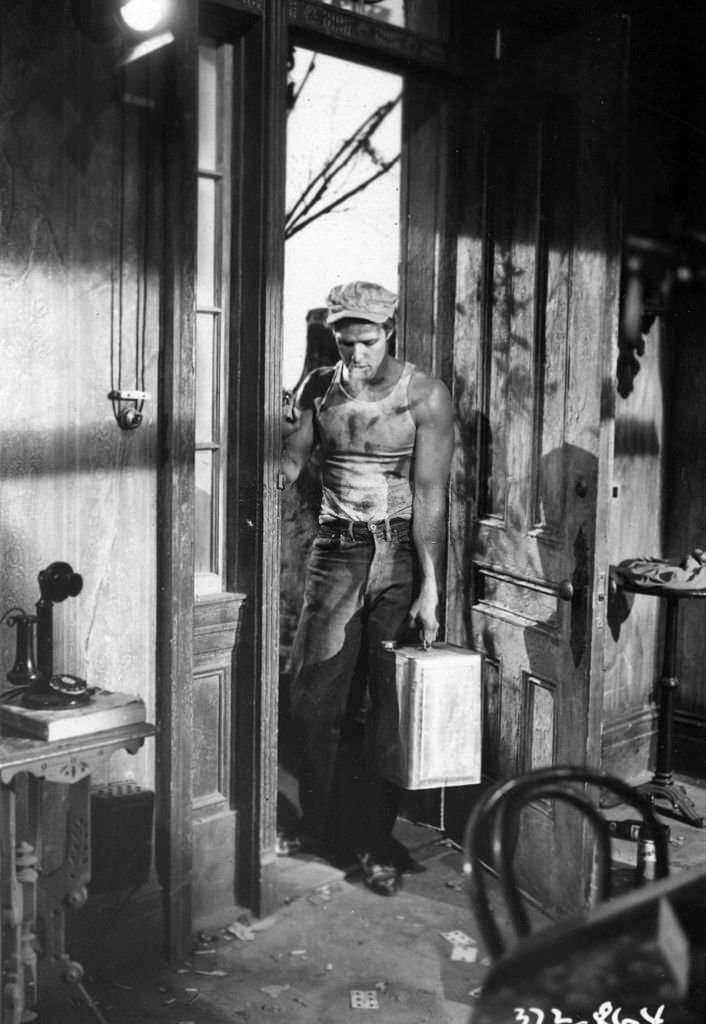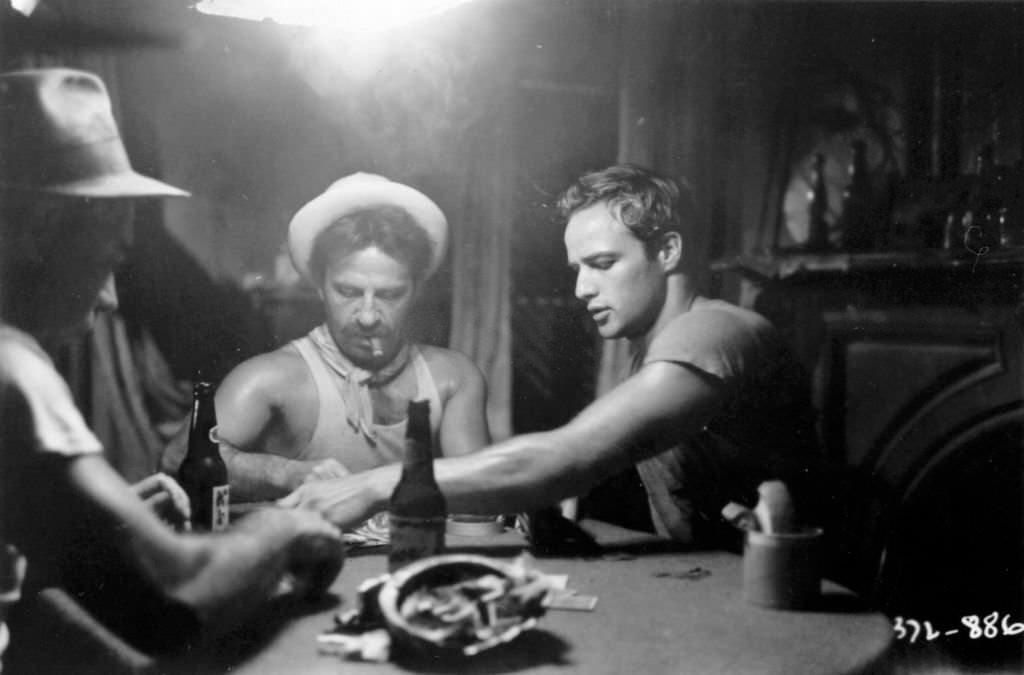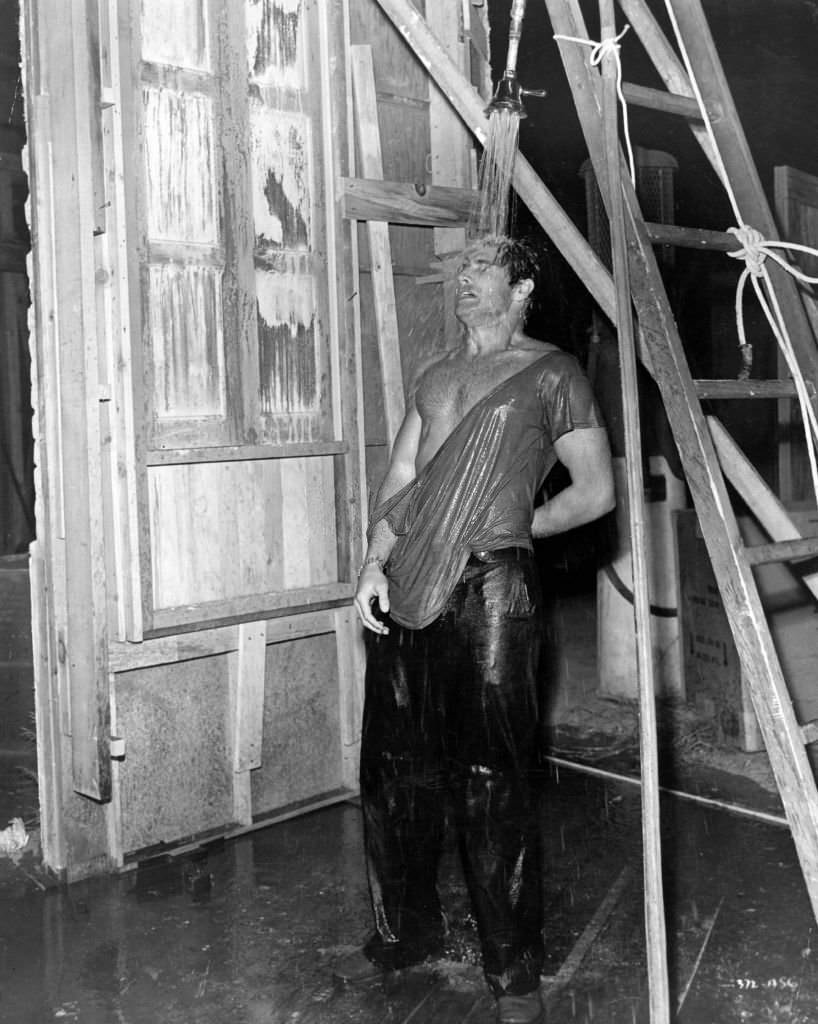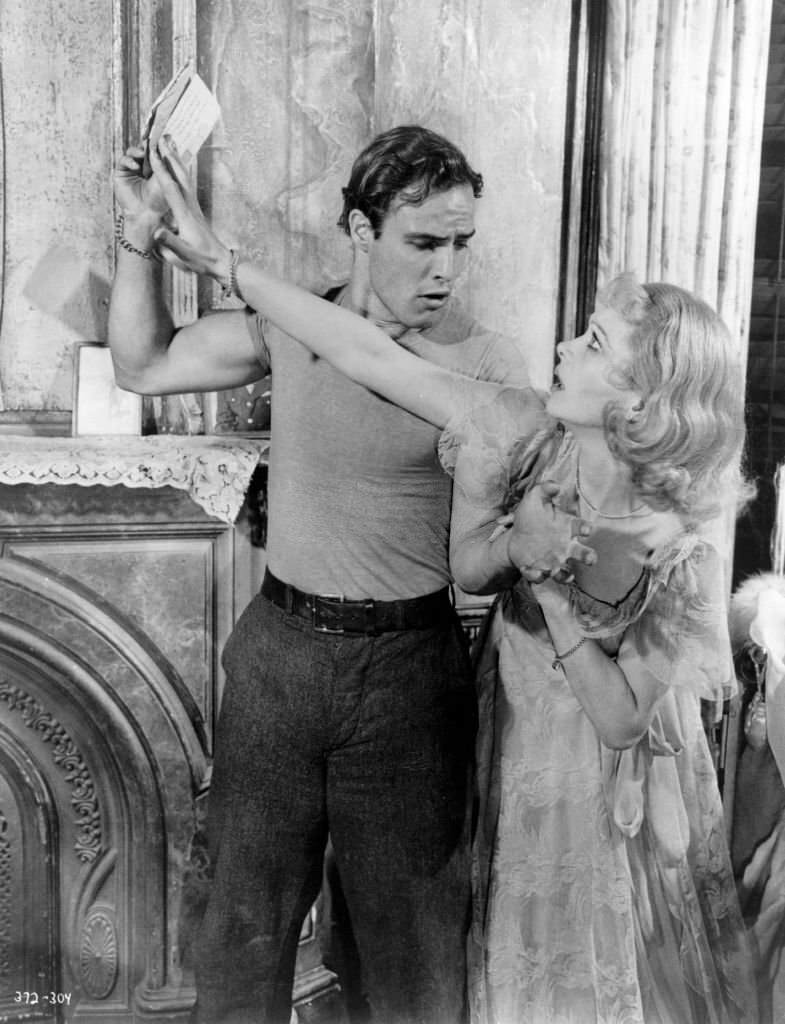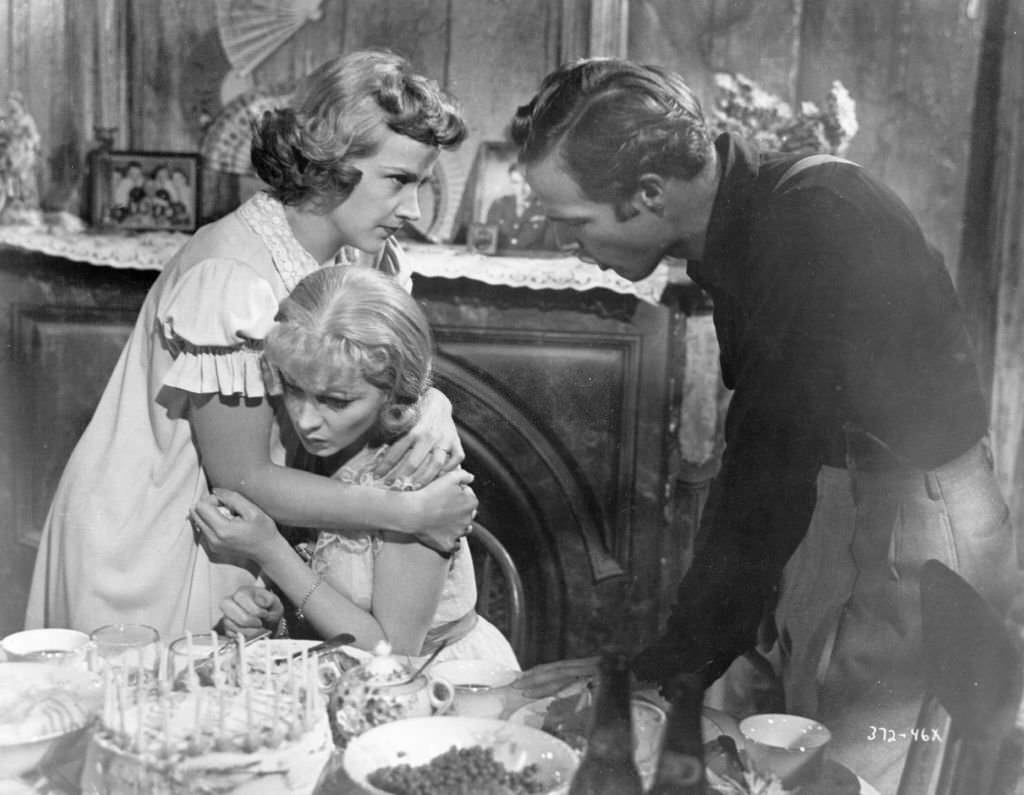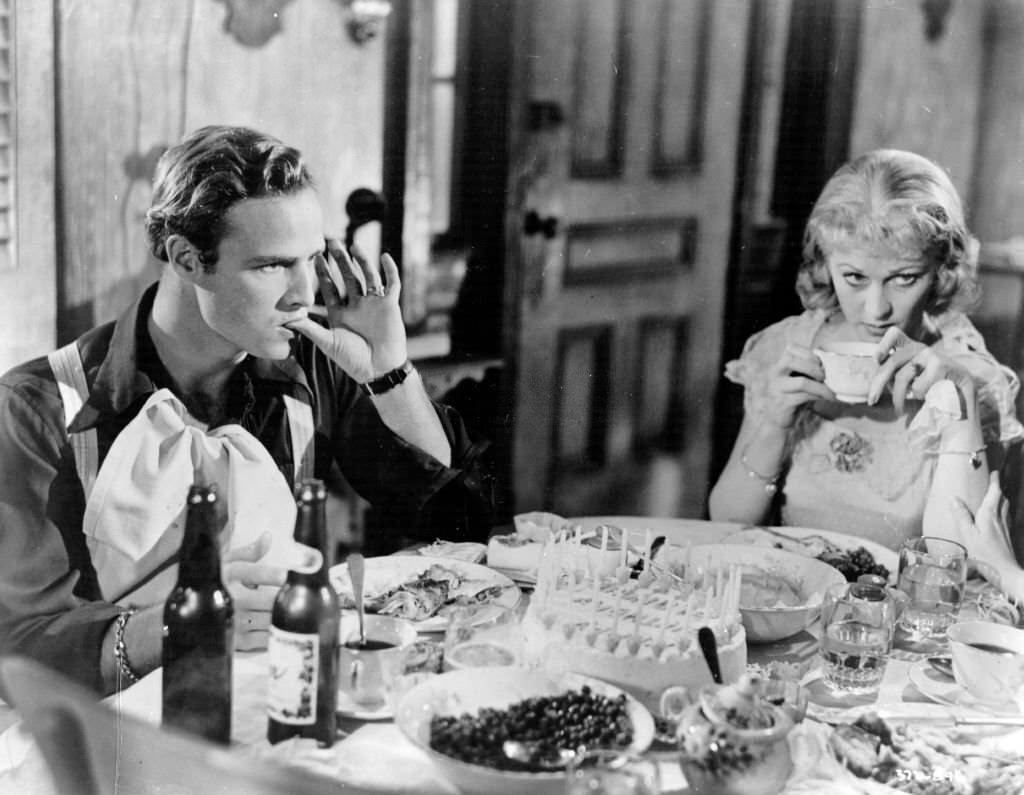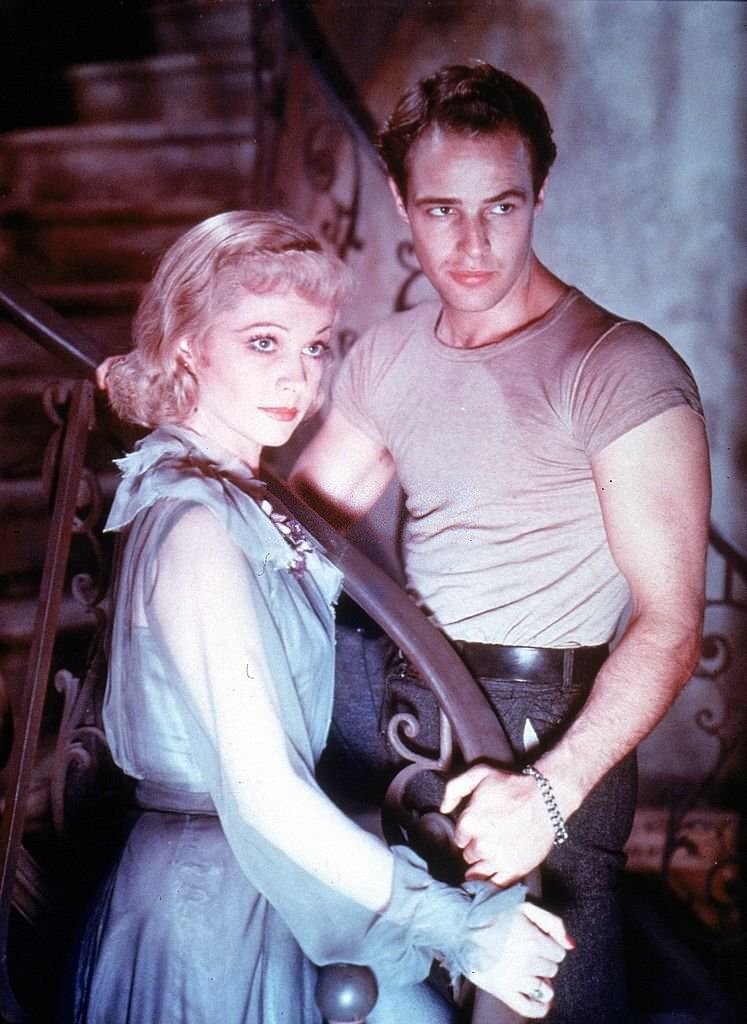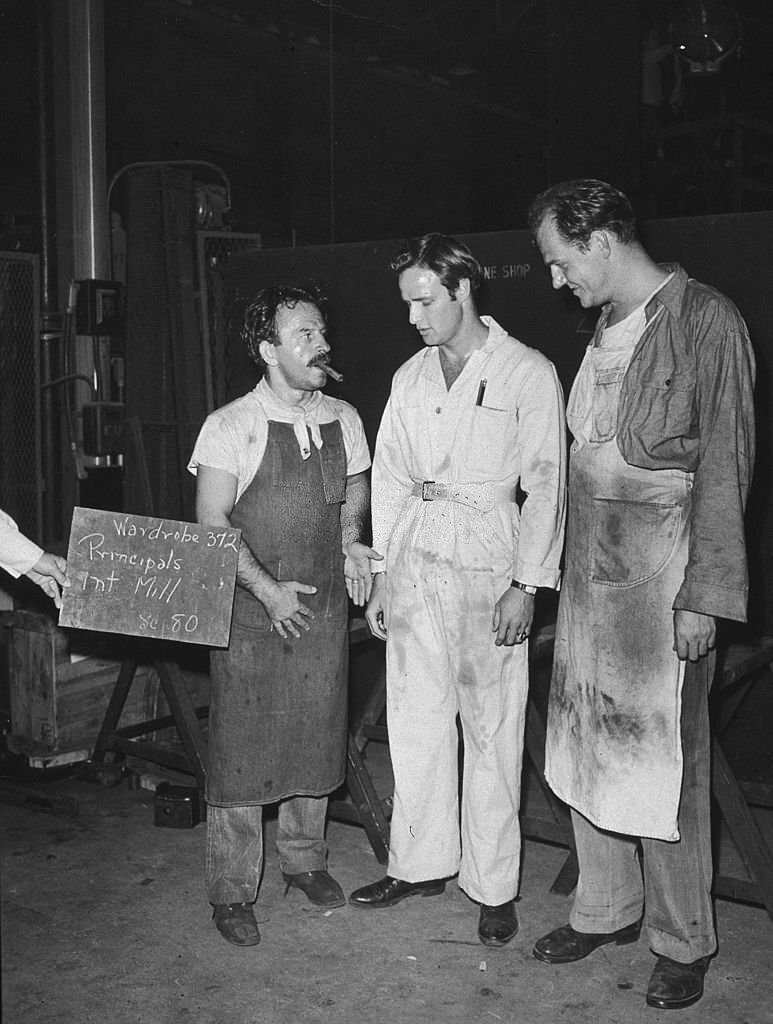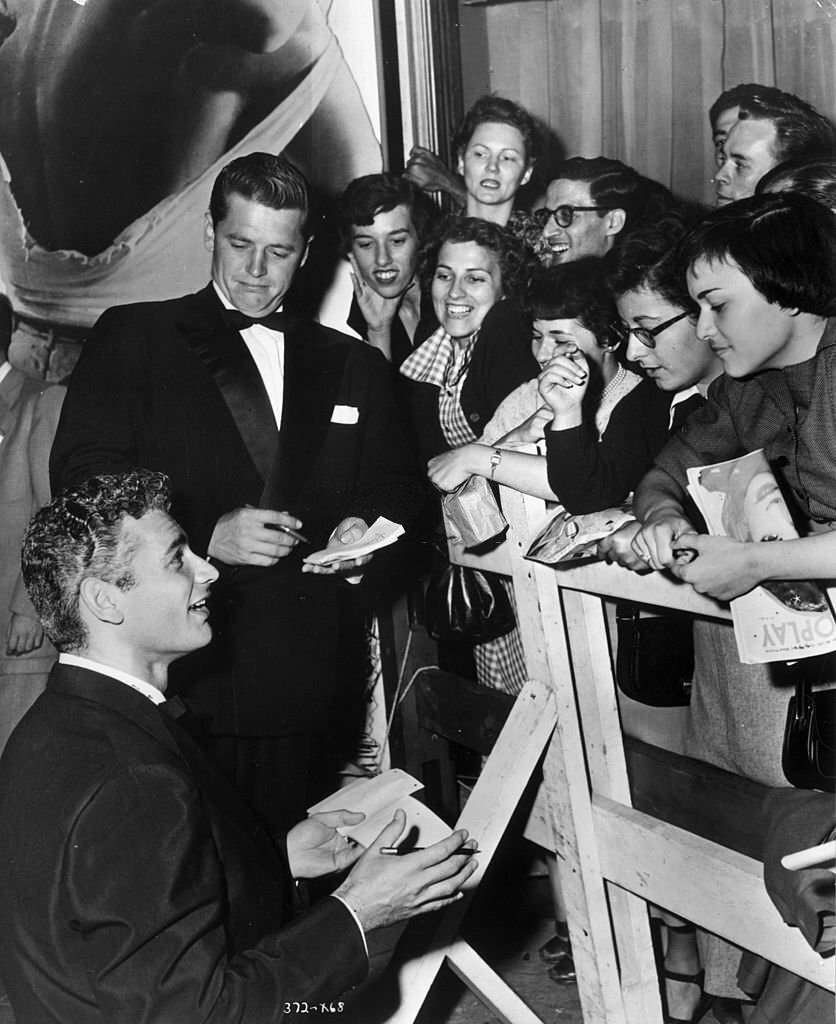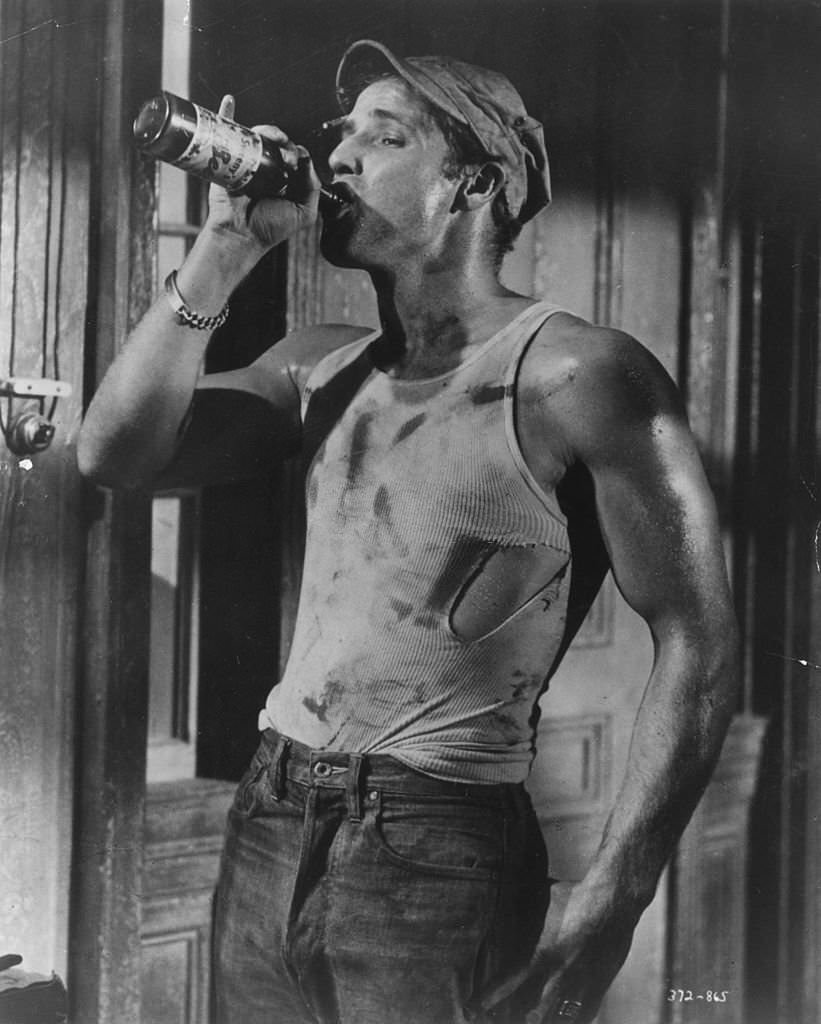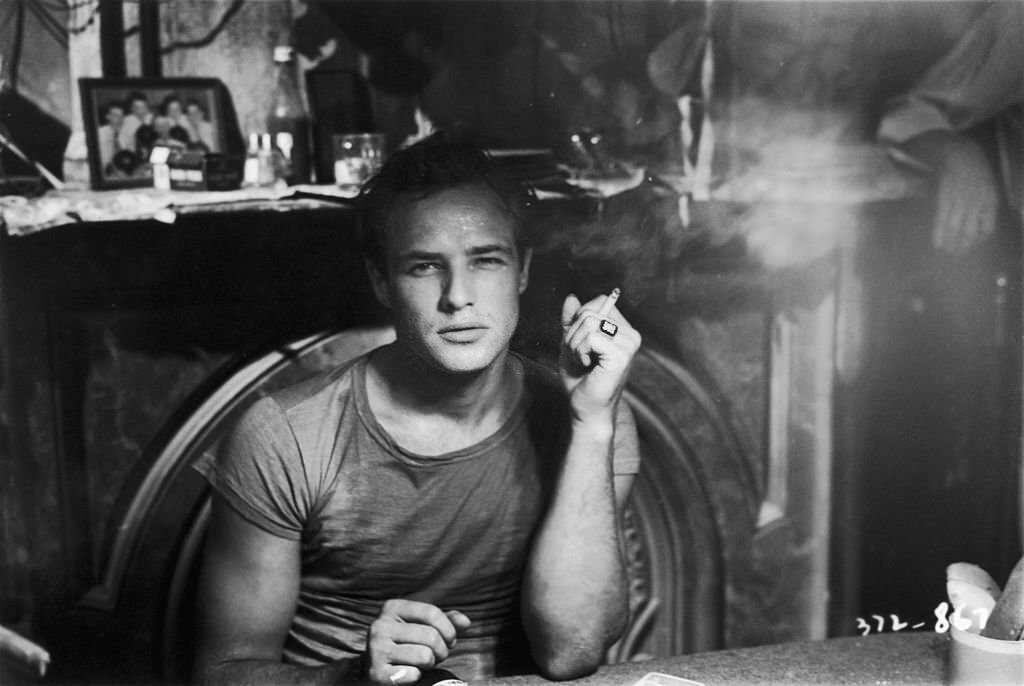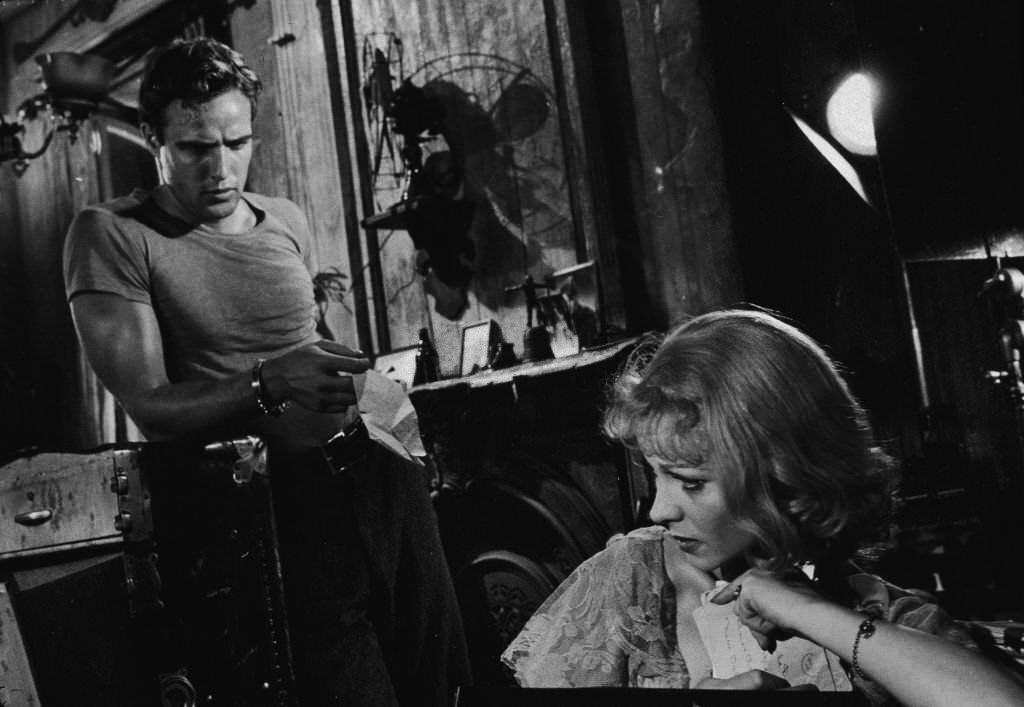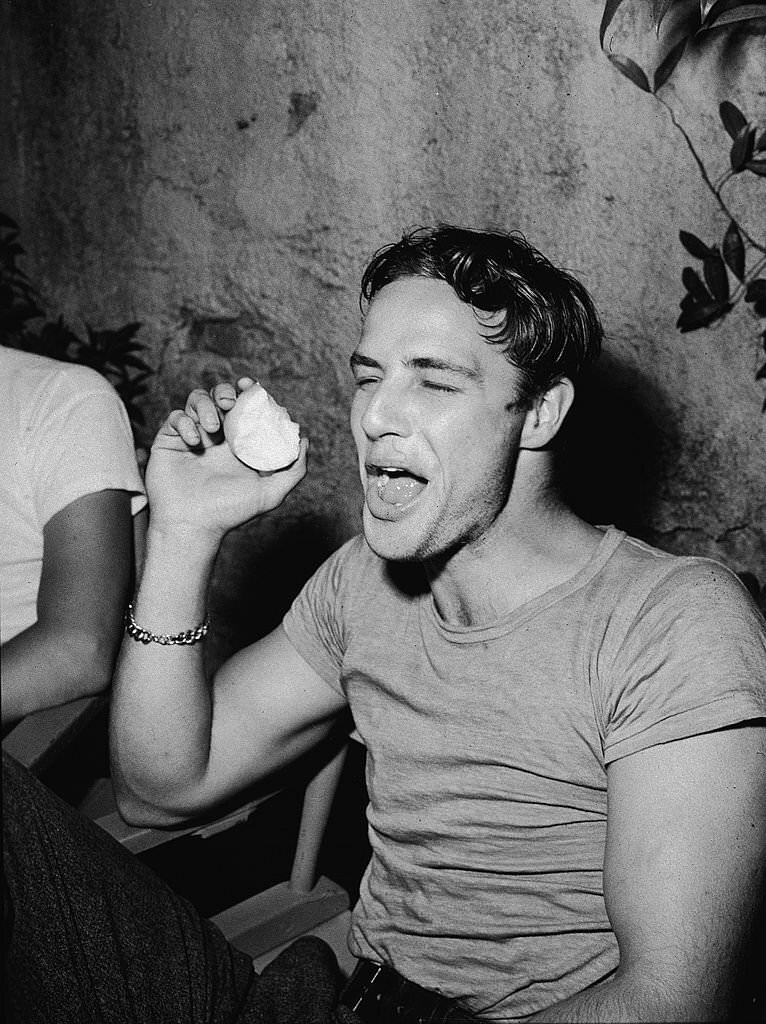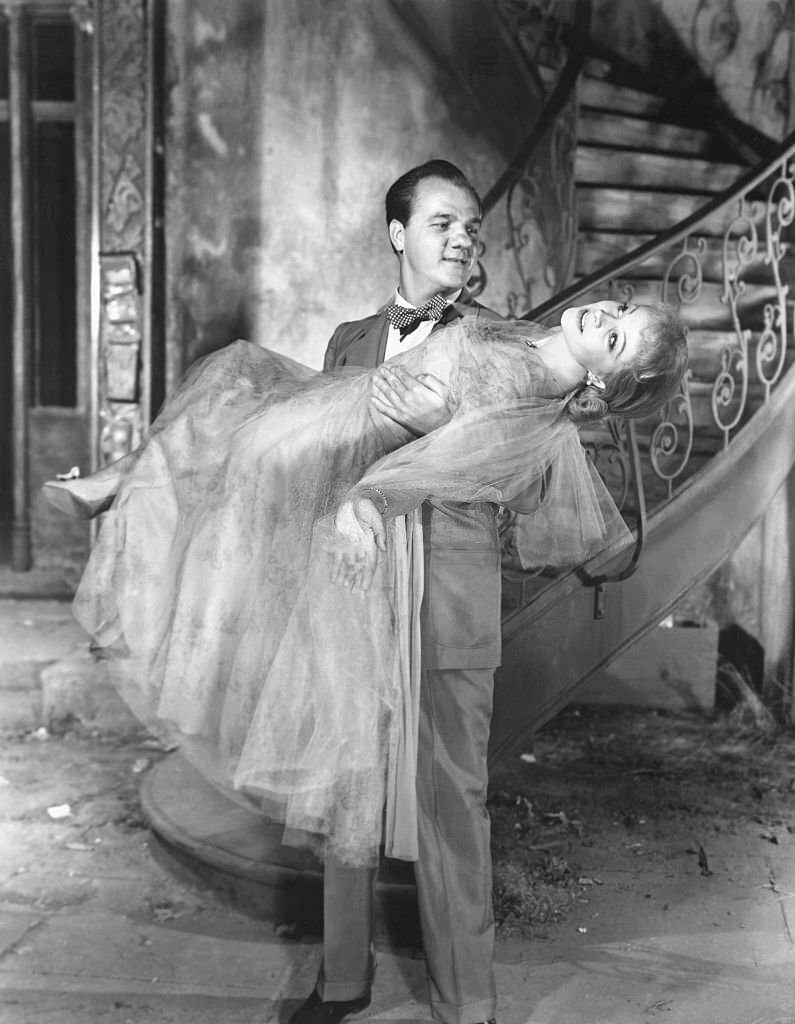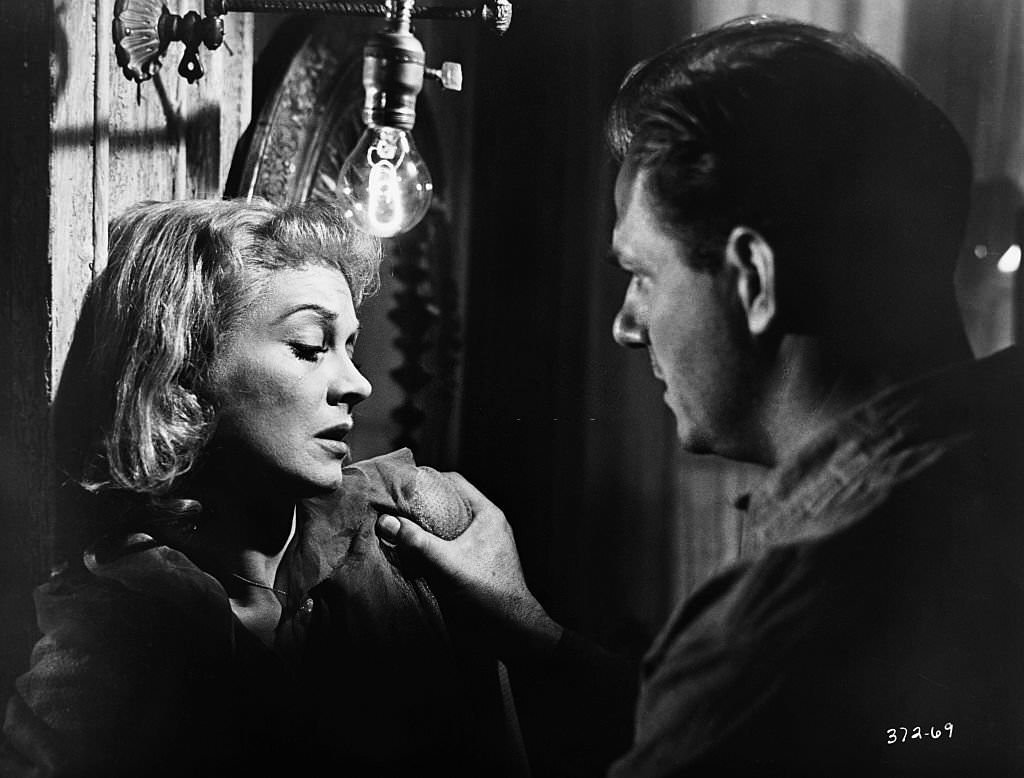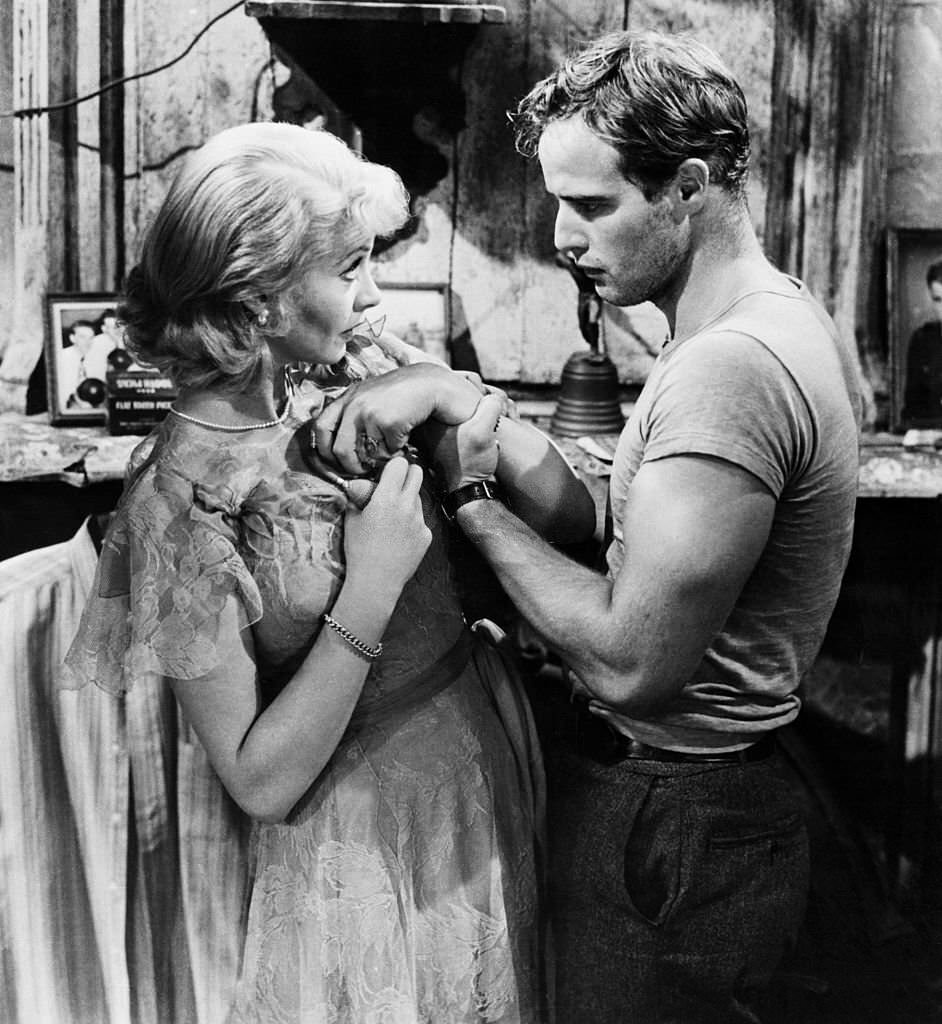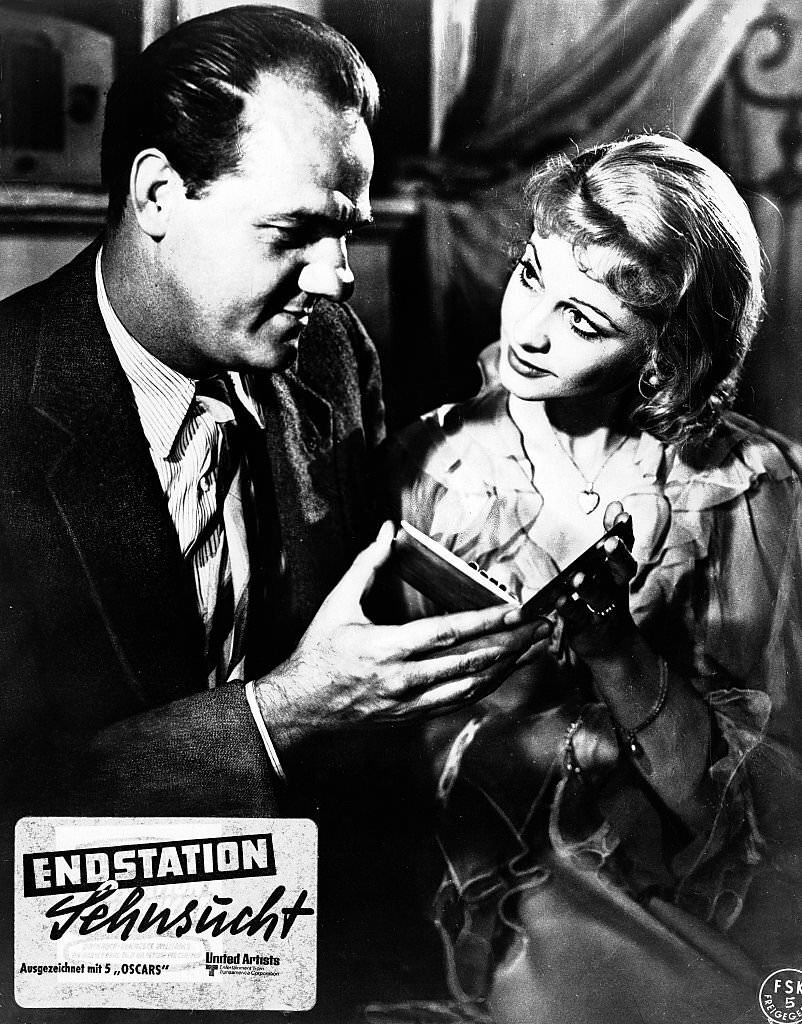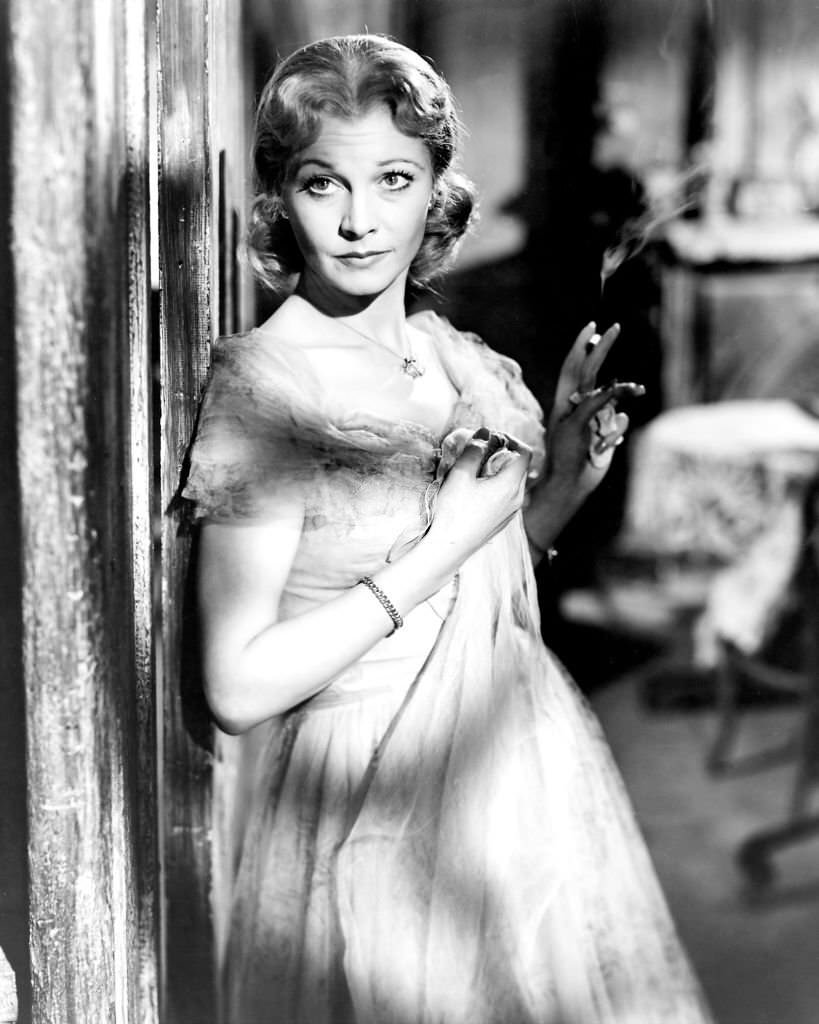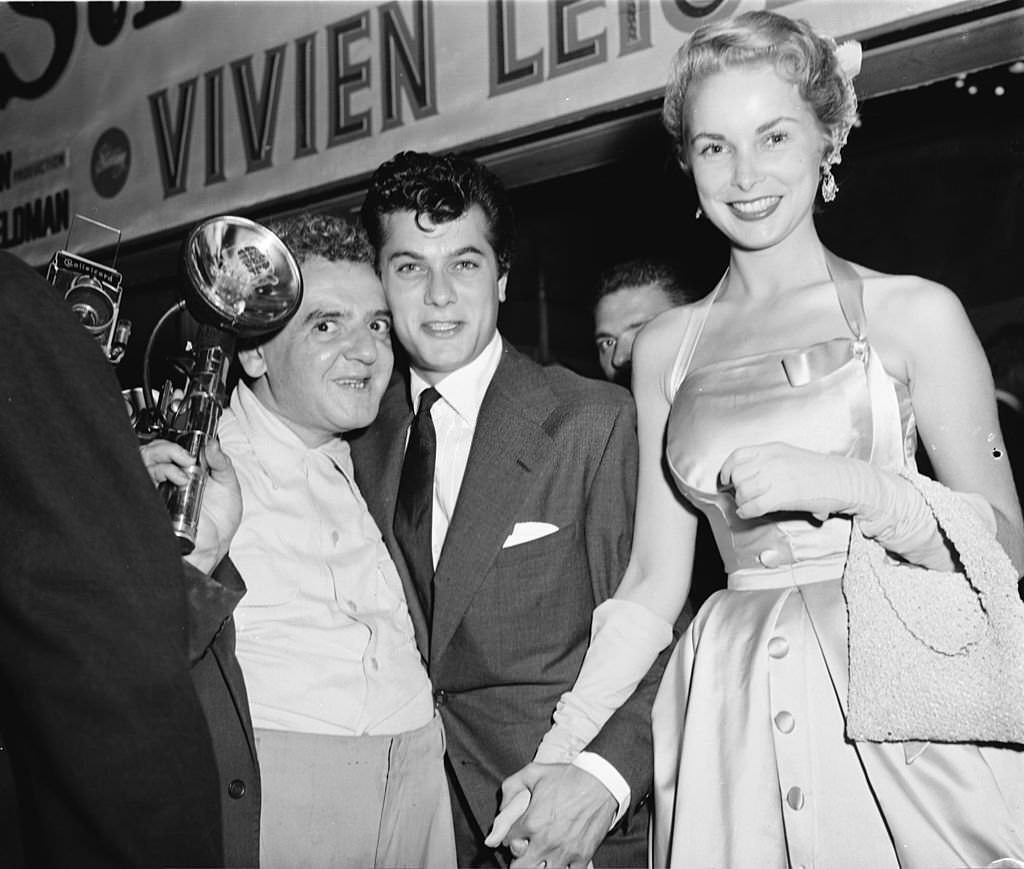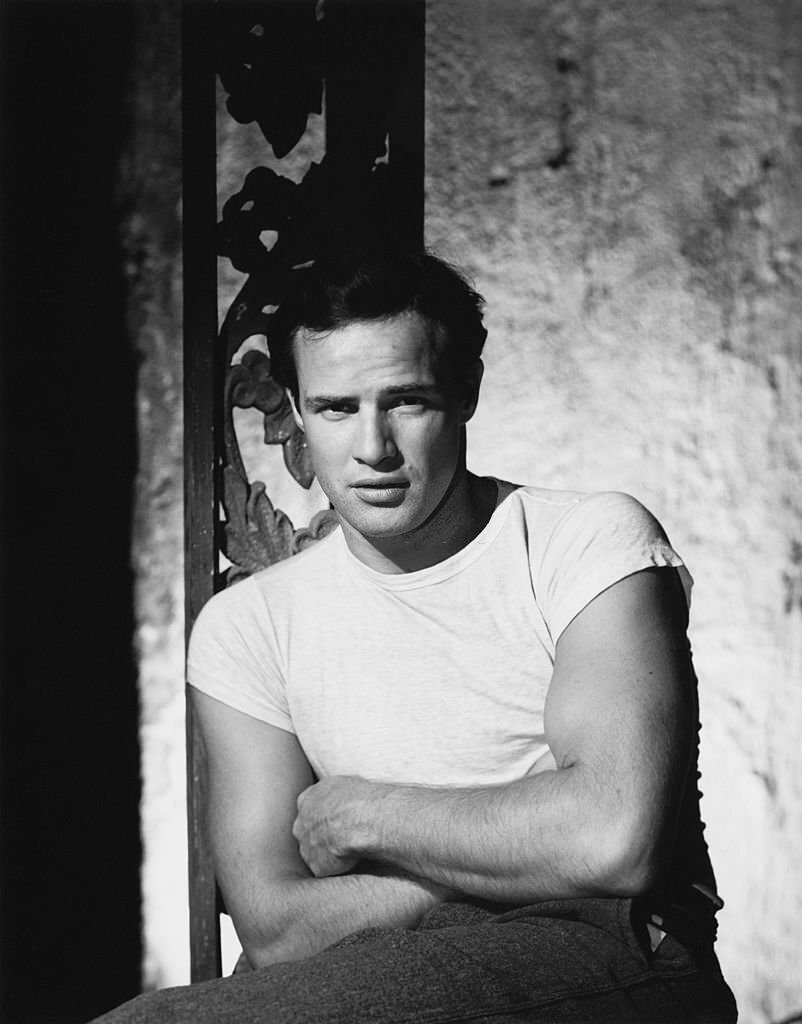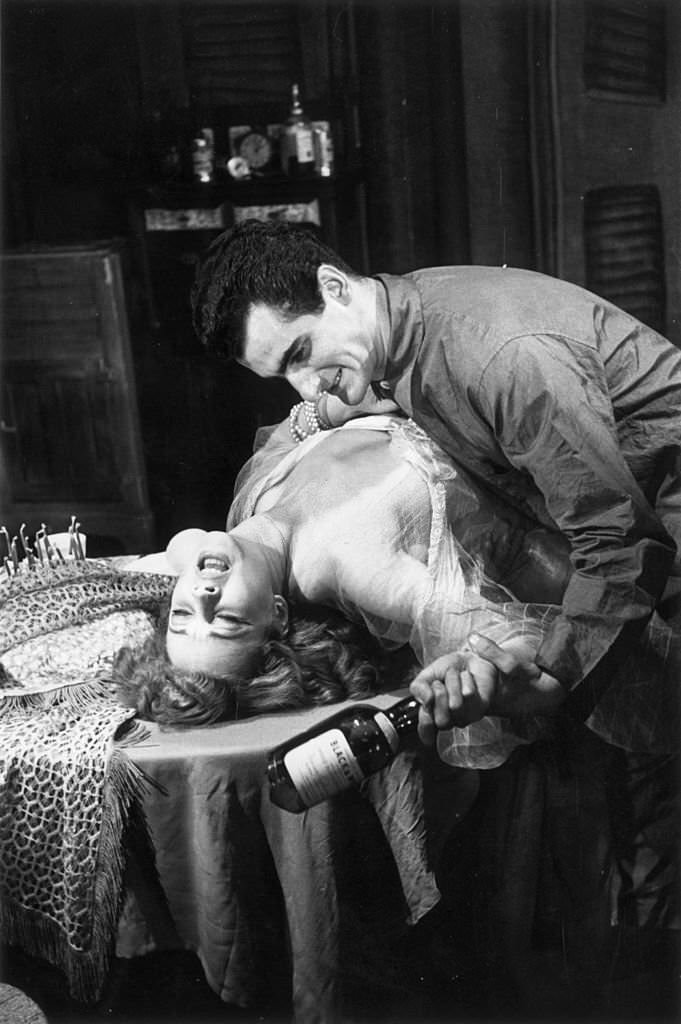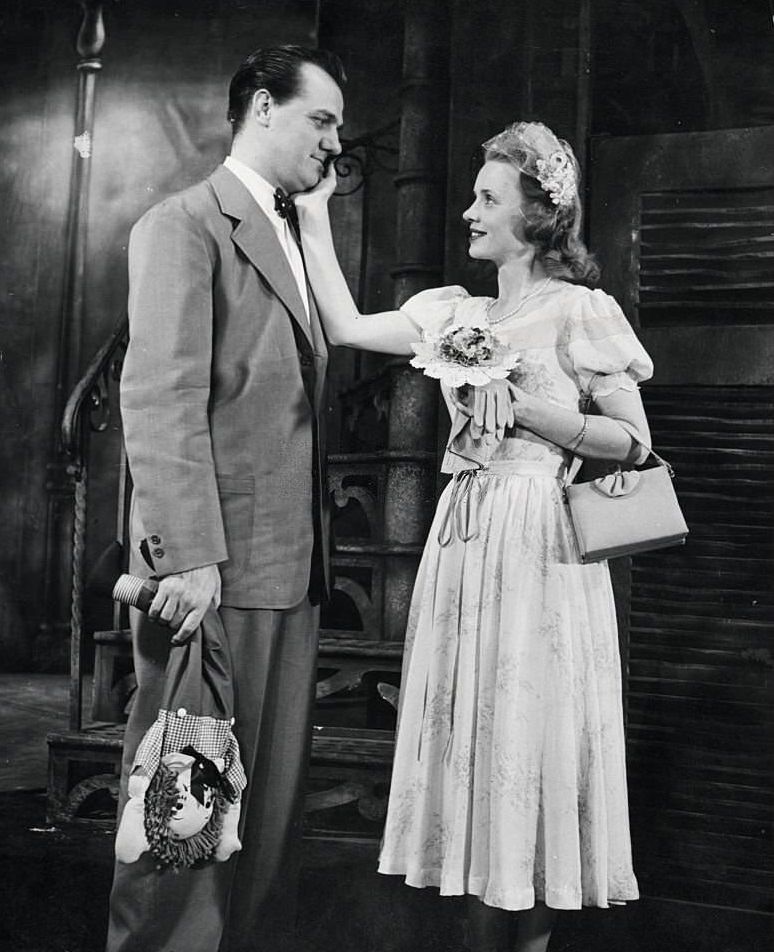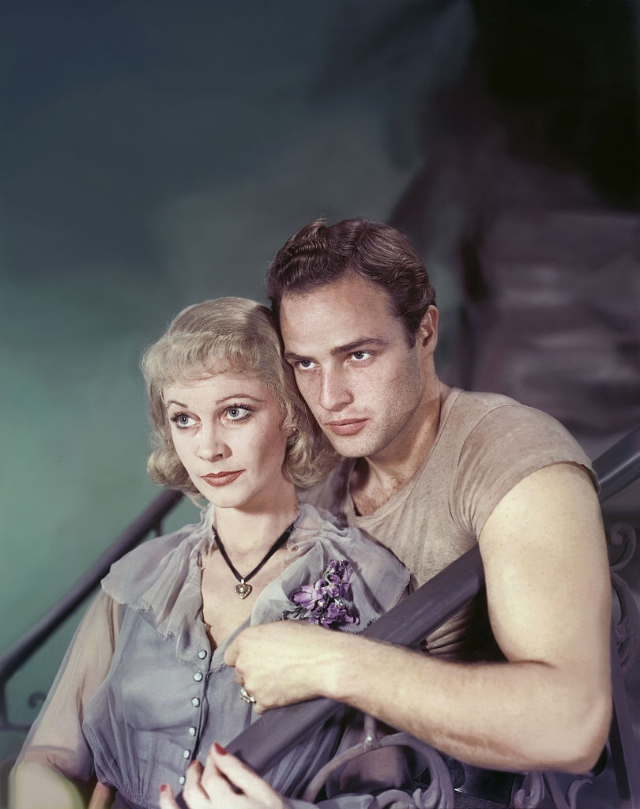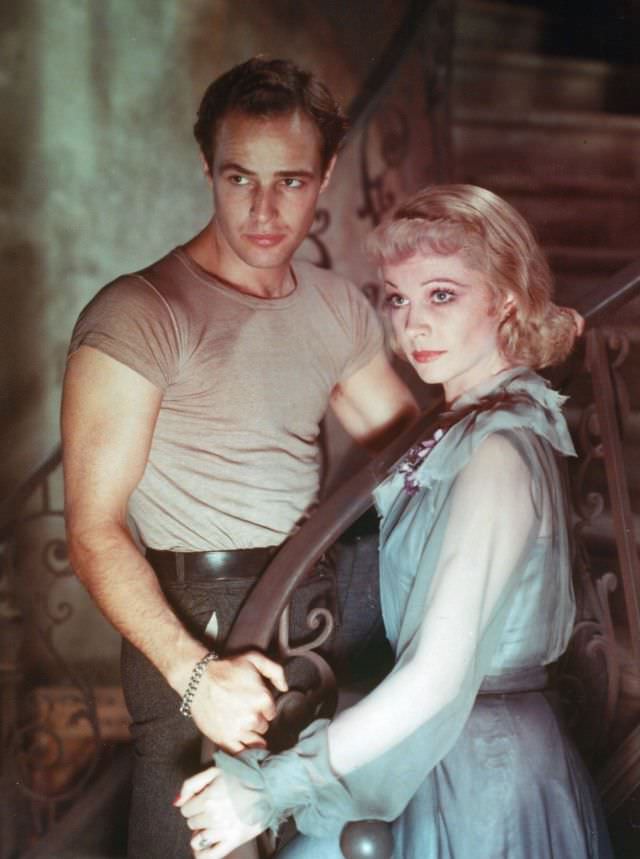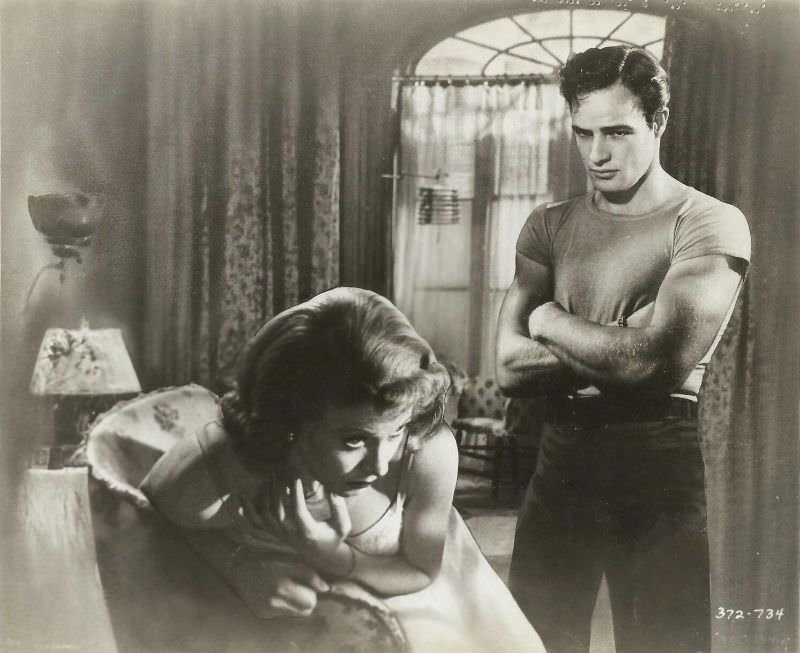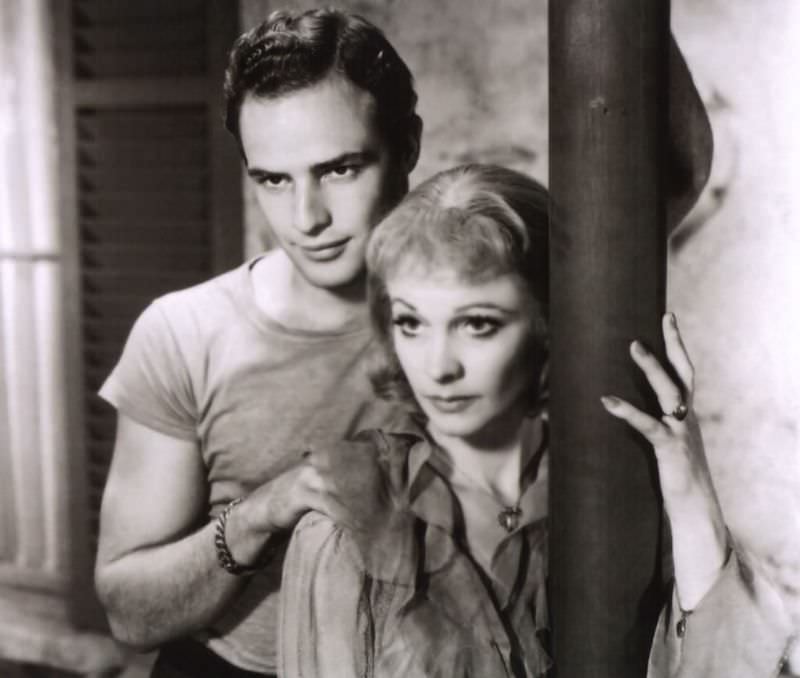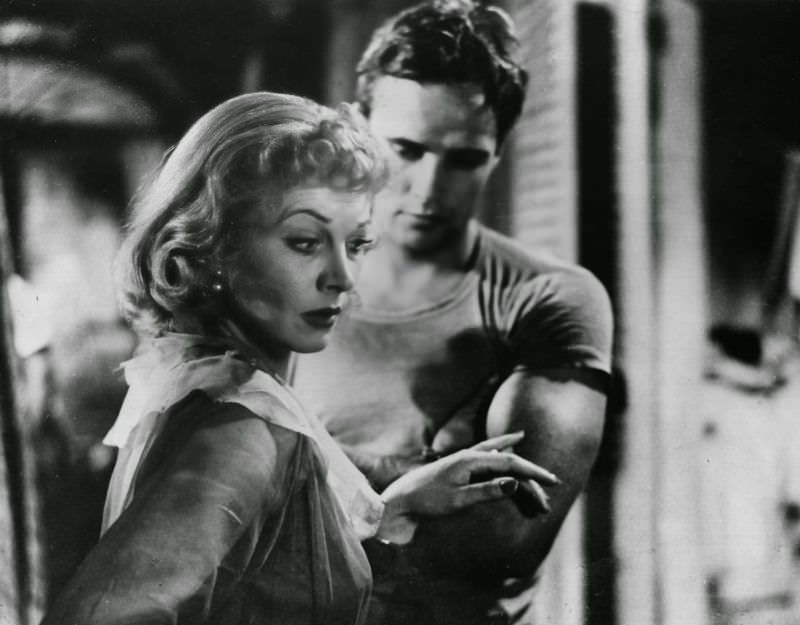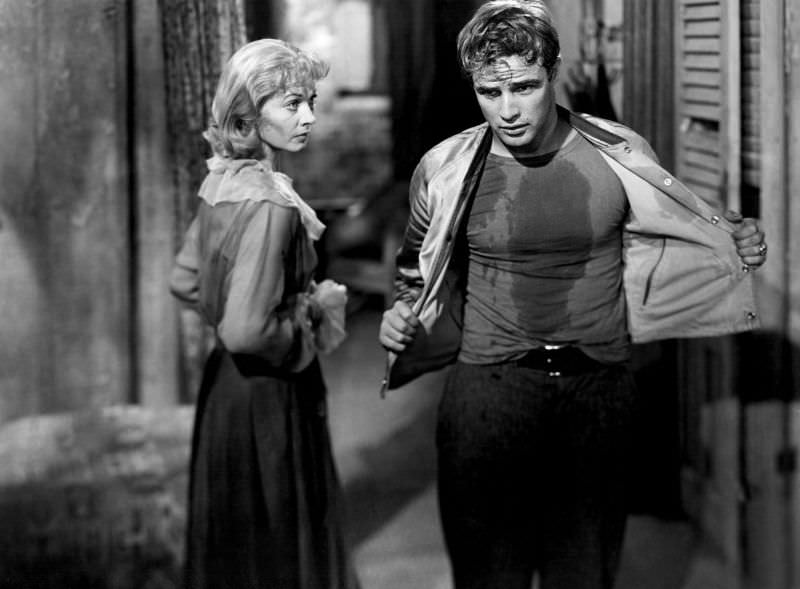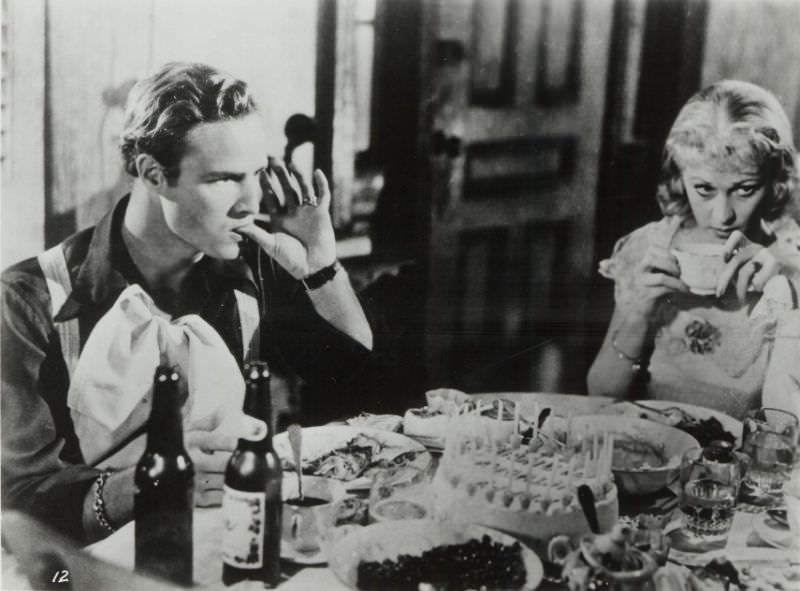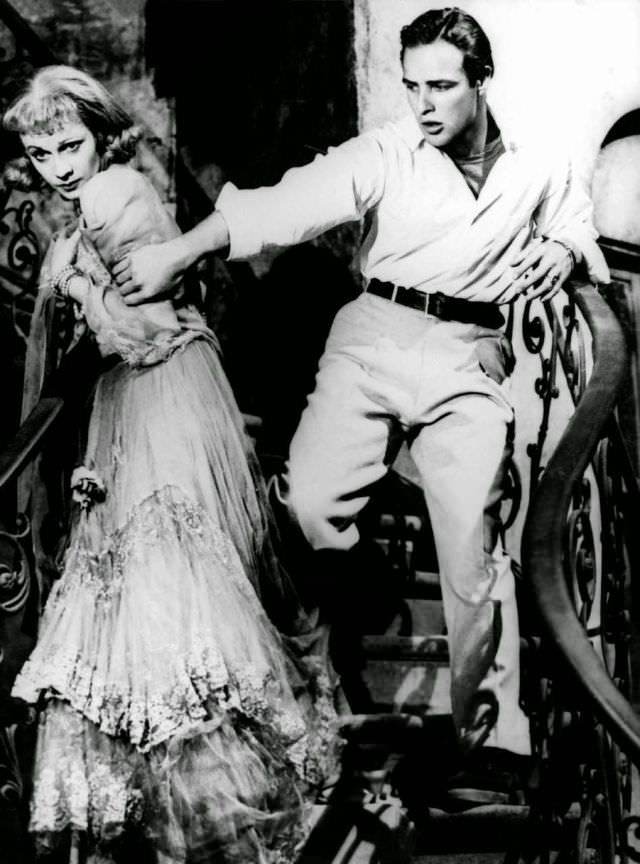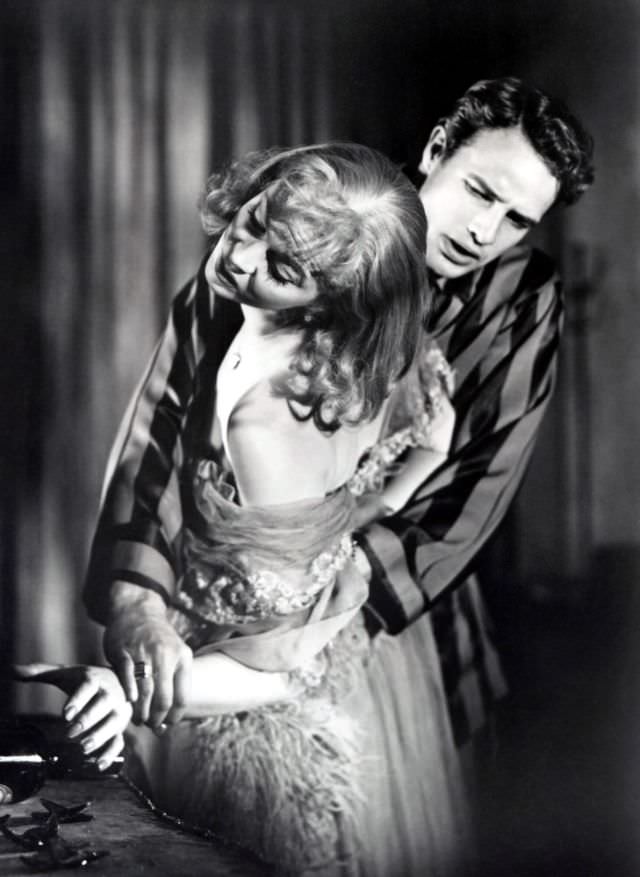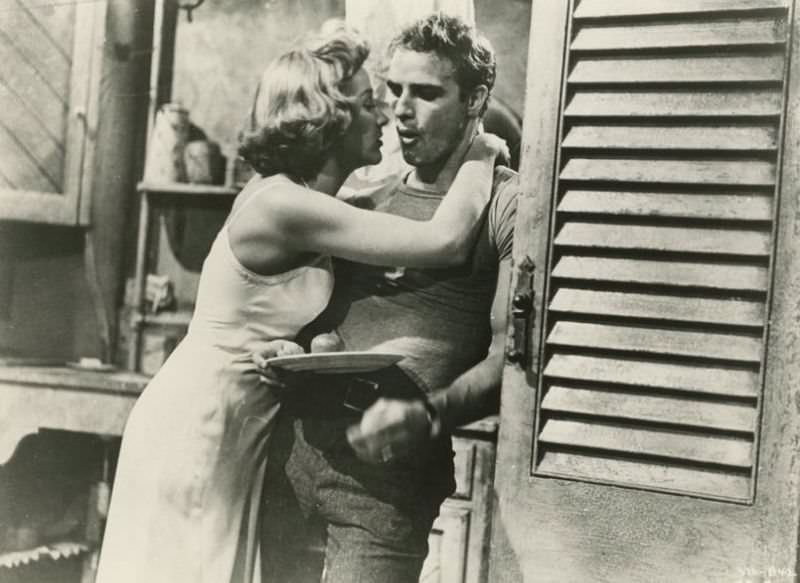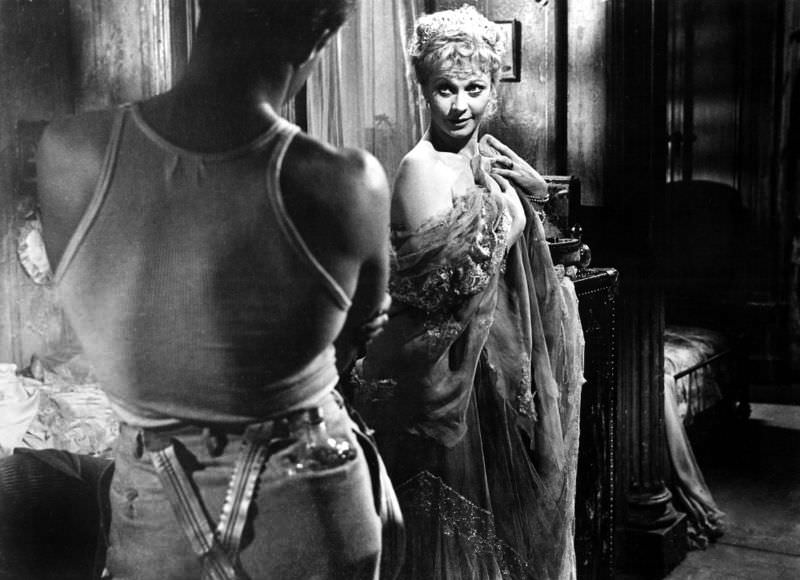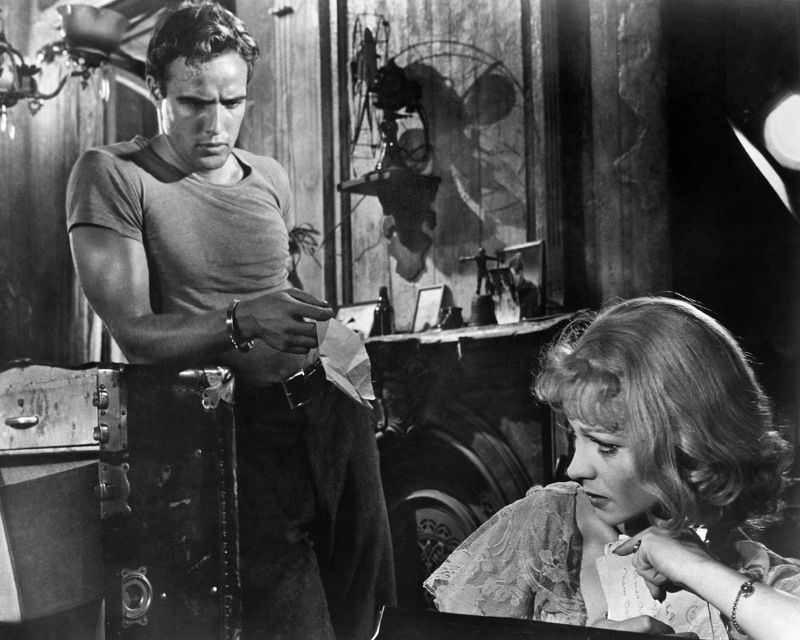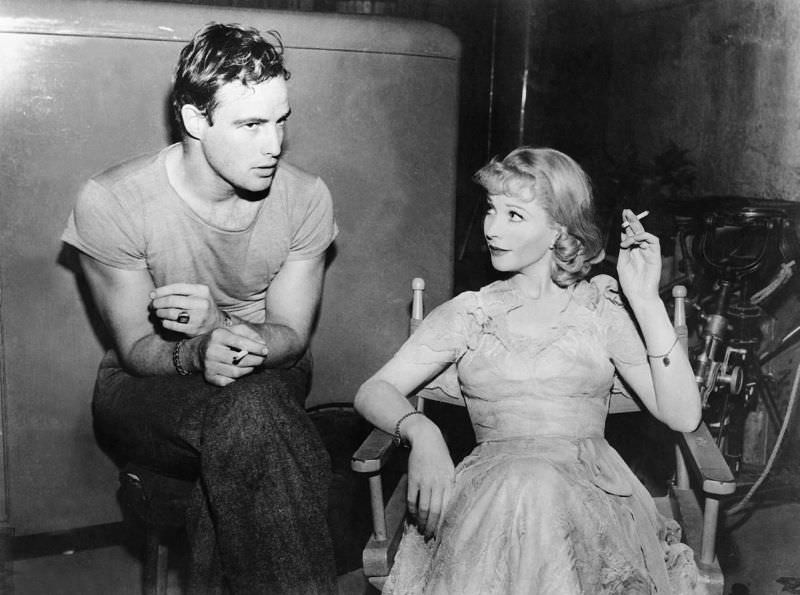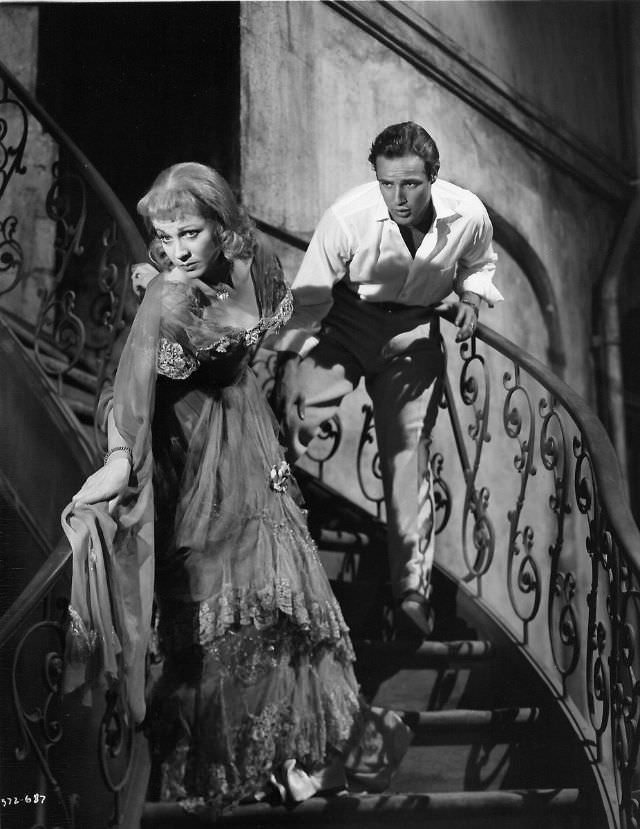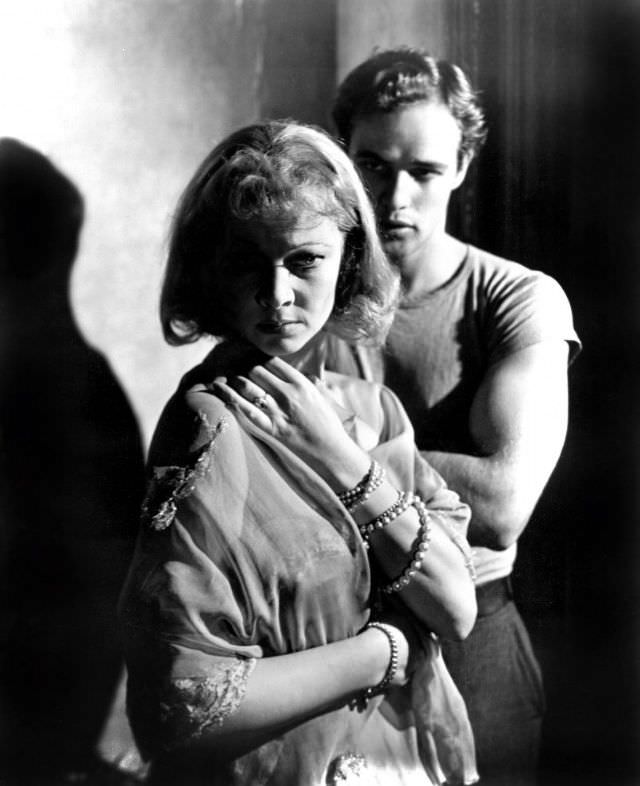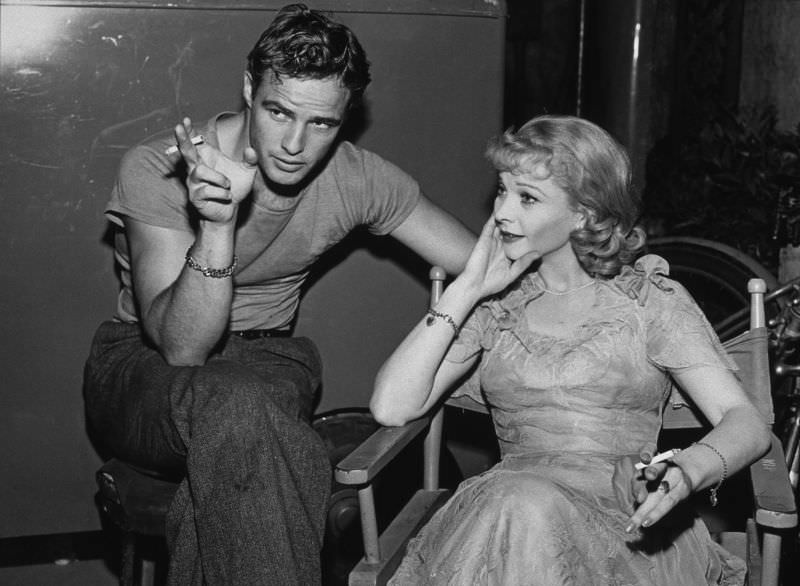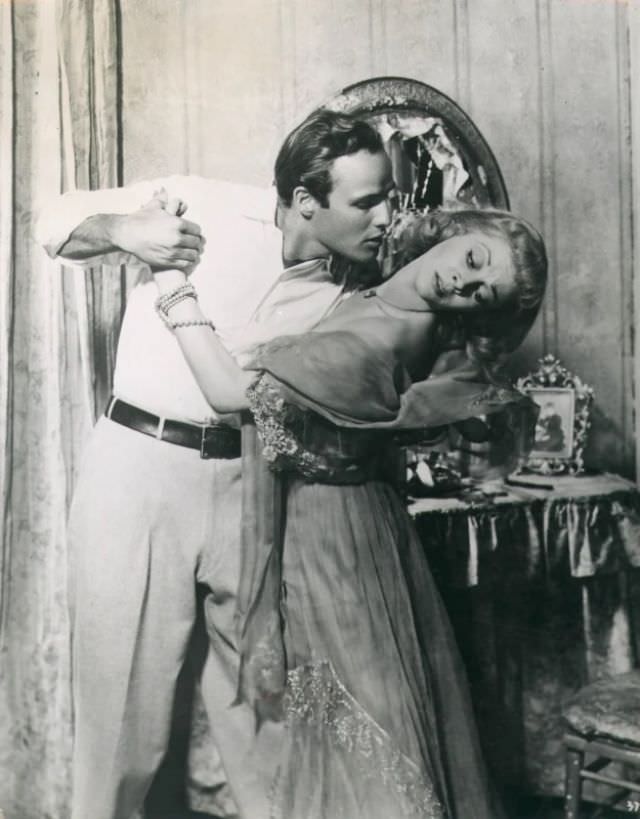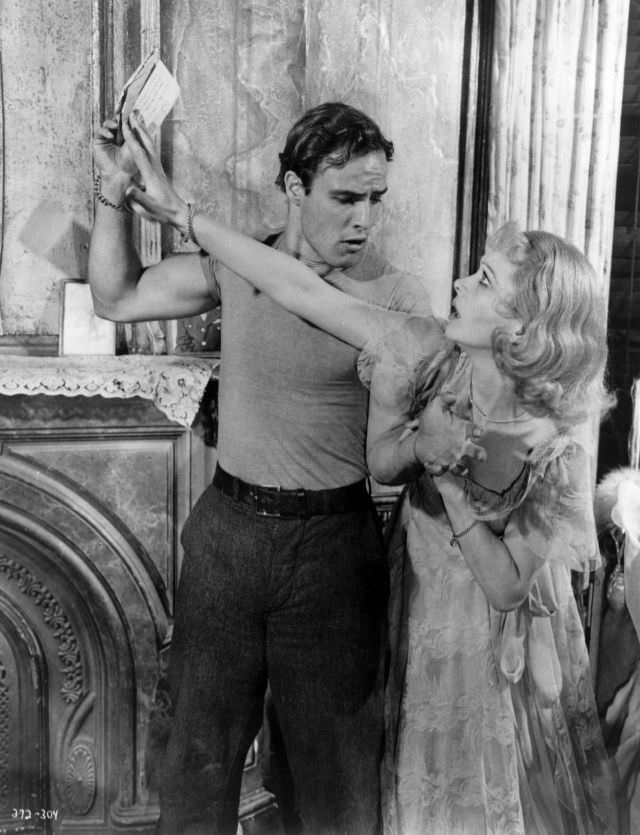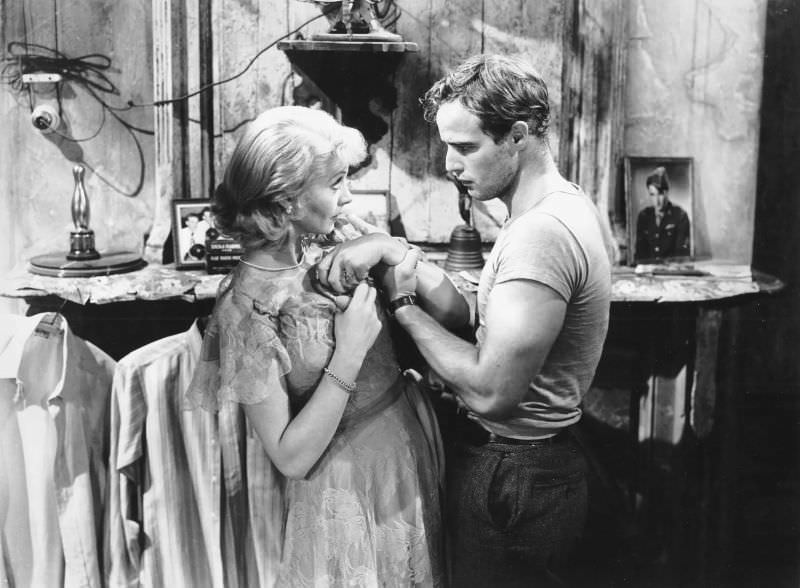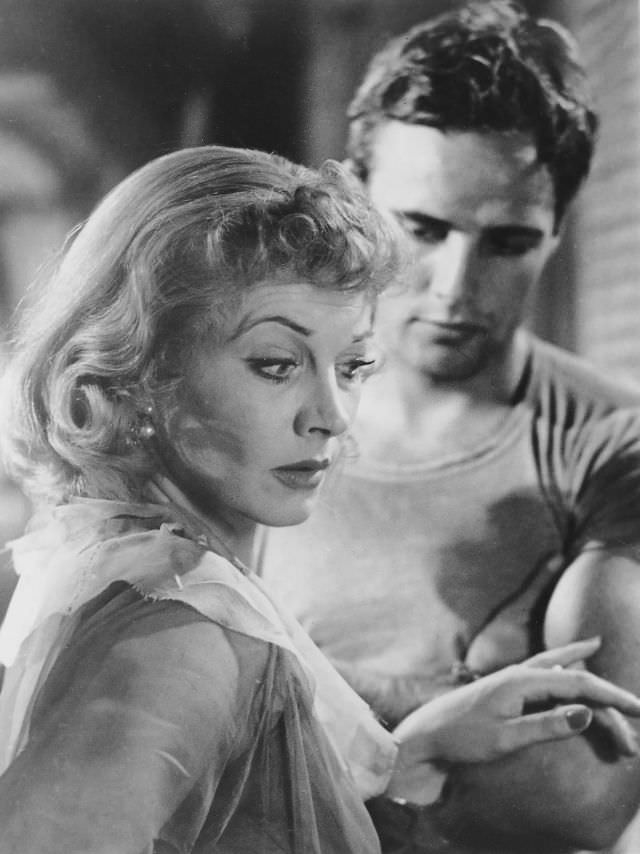A Streetcar Named Desire is a 1951 drama film starring Marlon Brando, Vivien Leigh, and Kin Hunter. The story was adapted from Tennessee Williams’s Pulitzer Prize-winning play of the same name. In the film, Blanche DuBois deals with a series of personal losses that lead her to leave her aristocratic background to find refuge in a dilapidated New Orleans apartment building with her sister and brother-in-law. Several changes were made to the original Broadway production and cast before being adapted to film. Tennessee Williams collaborated with Oscar Saul and Elia Kazan on the screenplay. Kazan directed both the Broadway production and the black and white film. All three actors reprised their original Broadway roles. While Jessica Tandy originated the role of Blanche DuBois on Broadway, the role of Blanche DuBois was cast with Vivien Leigh because of her star power in the London theatre production.
A couple of sentences can summarize the story, but that would do injustice to the depth of development and the convincing manner in which the characters are presented. We can see the complexity effortlessly written into the characters, but not to the point where it seems obvious or uninteresting. Of course, Blanche (Vivien Leigh) is the main character. She is a neurotic mess barely hidden behind a facade of respectability that clearly doesn’t convince her any more than Stanley. Mitch is also really well written. First, it is comical that he tries to be a gentleman while having a brute lurking below the surface, but later on, his frustration is evident along with his anger. Overall, the story is relatively seedy.
The story is compelling because of the characters and how they are delivered. Kazan’s atmospheric direction is also very effective; the film feels very close and humid, and he has done it with just a basic set and a camera. This film has lovely lighting throughout, in the general atmosphere and specific touches like Blanche’s noticeable aging when there is slight variation in tone due to lighting changes. Leigh is a perfect choice for the part; her vulnerability coupled with self-seeking, her confidence combined with need, and her properness associated with instability. The way Leigh moves visually is convincing, as she looks exactly the right mix of ages, looking beautiful one moment and worn and defeated the next totally, totally deserved her Oscar. Brando’s performances was also outstanding and memorable. He has his big scenes, but there are also moments when he does nothing but being a presence onscreen; no matter what is happening, we are watching him because we’re in awe and terrified of his power as Blanche is. Together, Leigh and Brando dominate the screen, and when either of them is on screen, you can’t help but look at them. In the end, Kim Hunter gets pushed into the background, despite her excellent performance. Again, Karl Madden played only a supporting role but deserved his Oscar for a convincing portrayal of a well-written character. Although there are plenty of versions of this play available for us to look at how lesser actors can fail where this cast did so well, it’s easier to give good performances with good material than lousy material.


